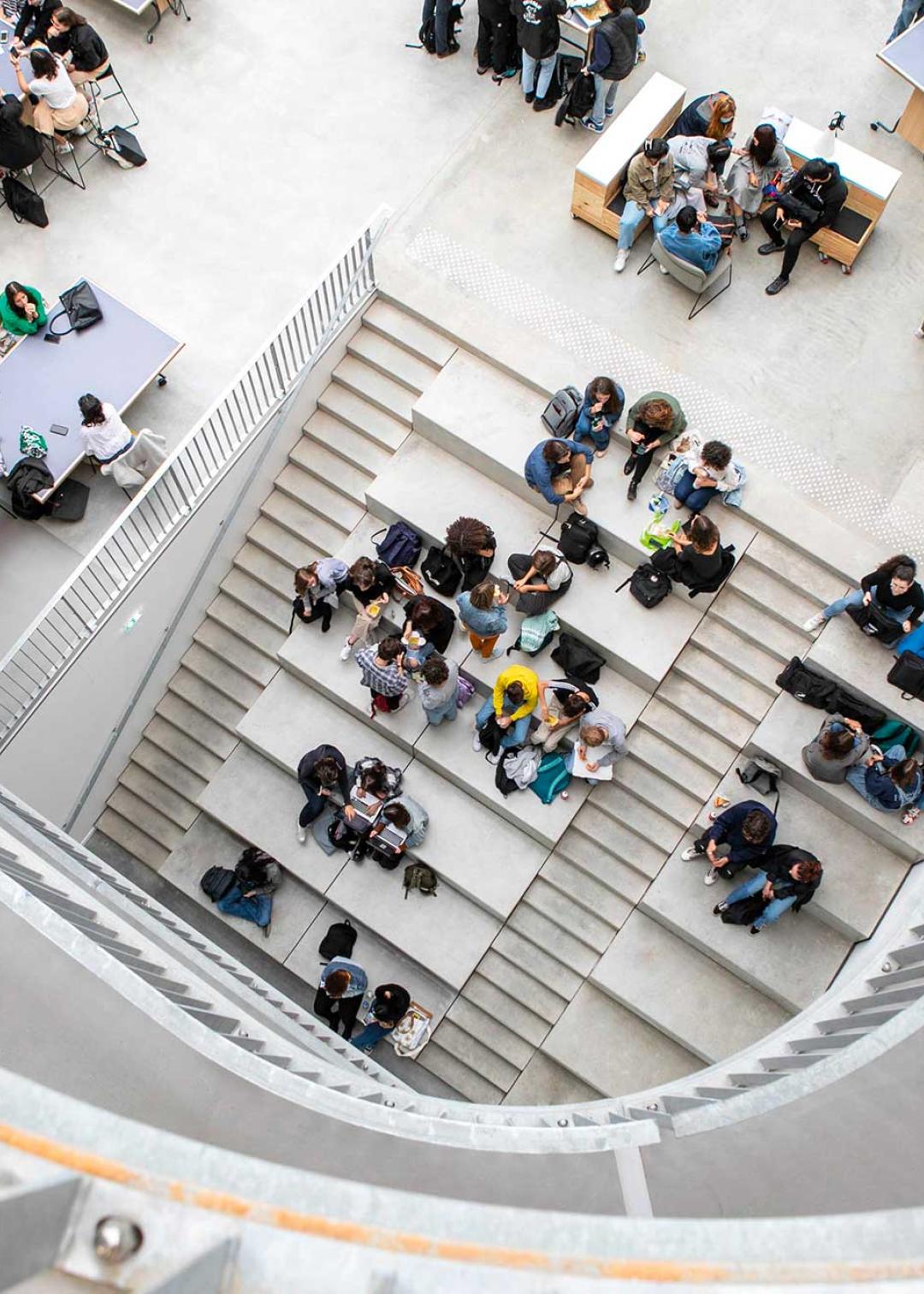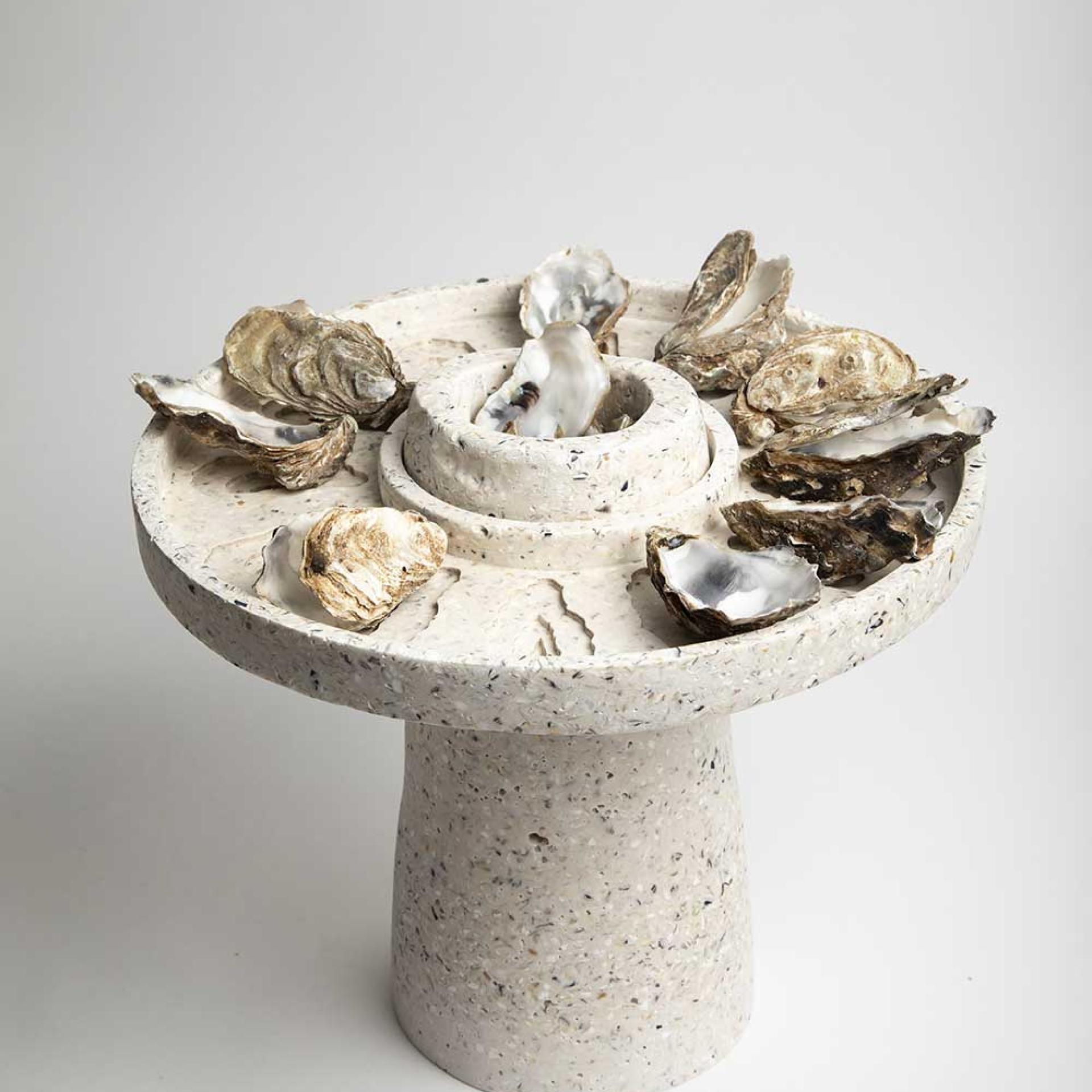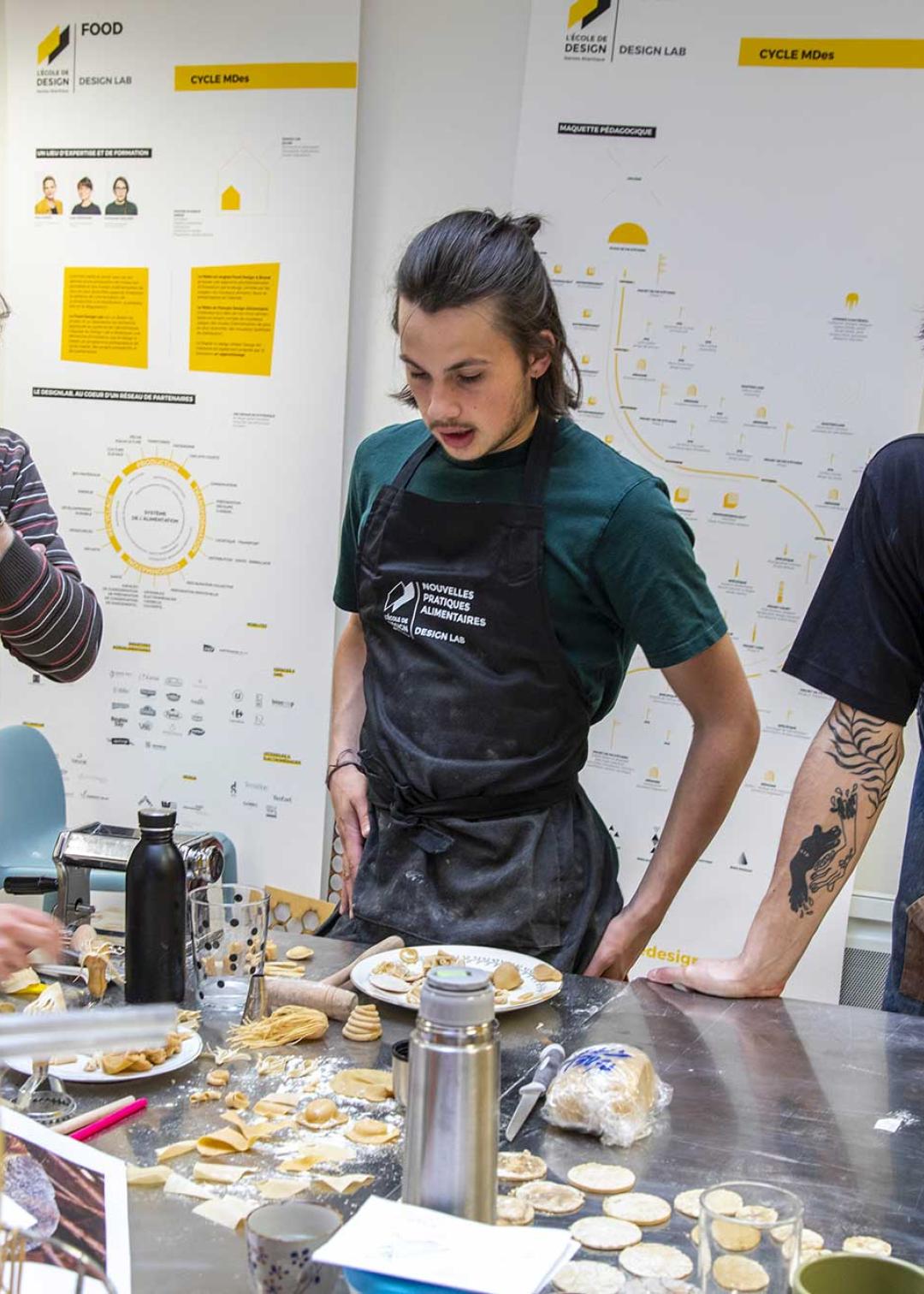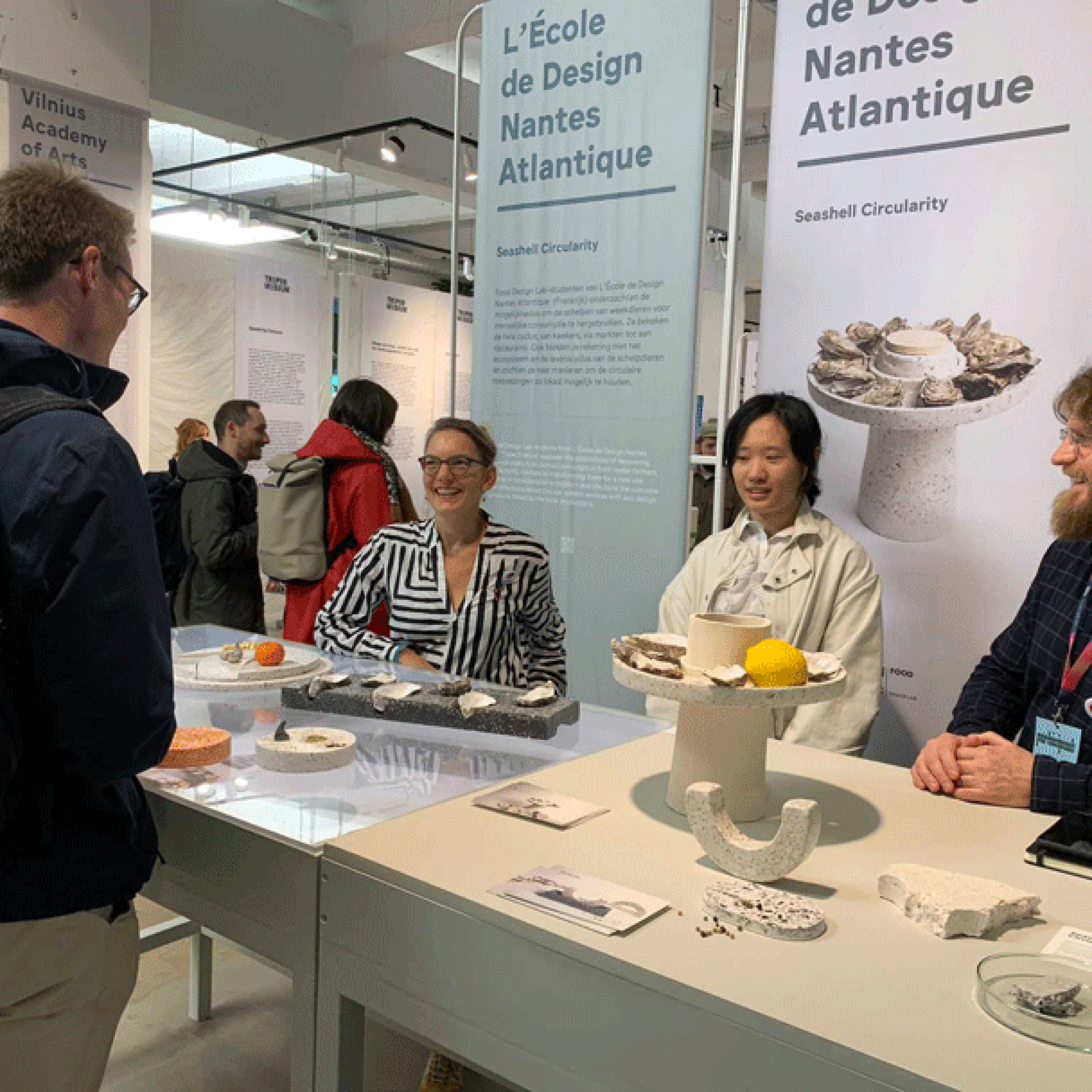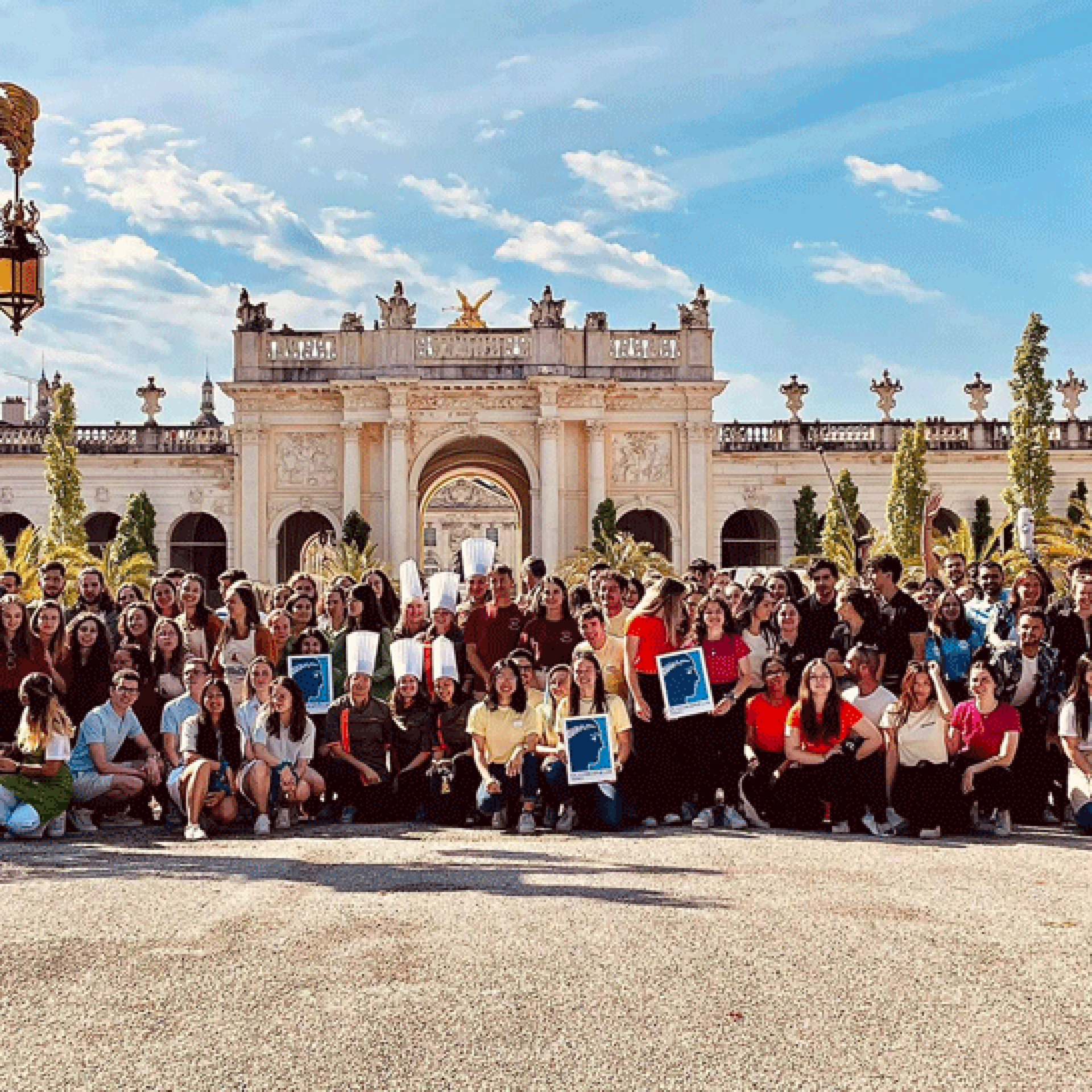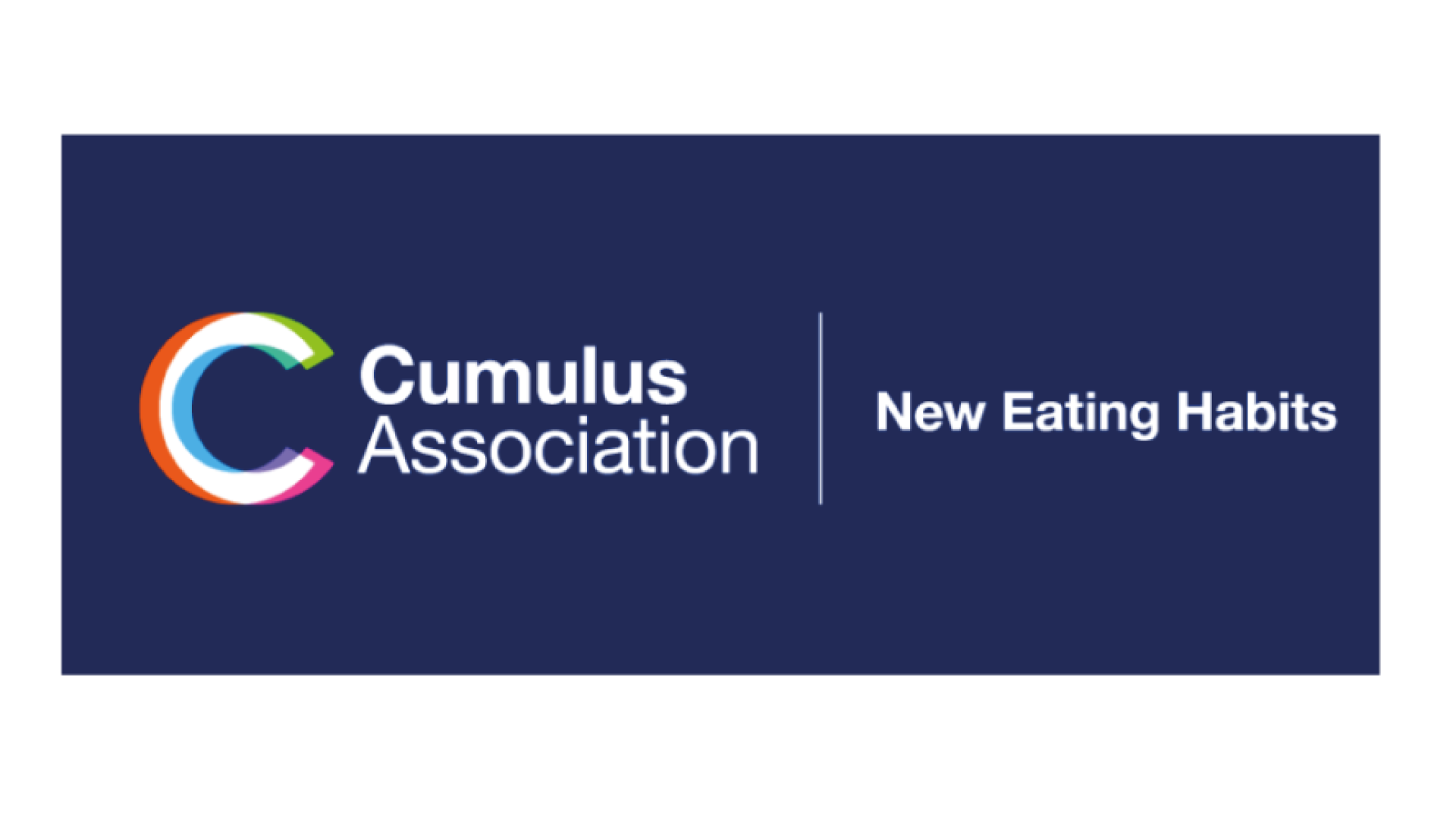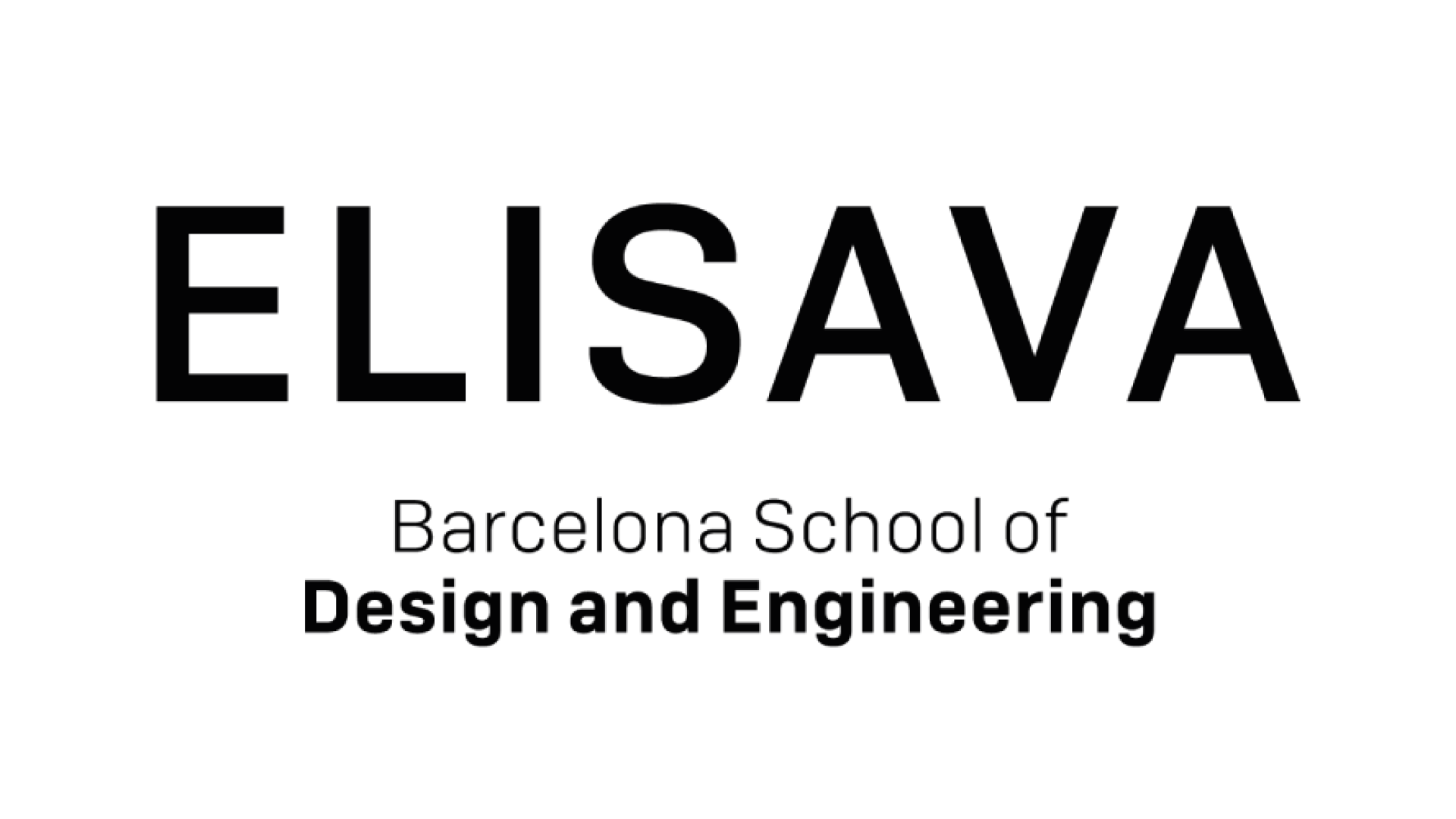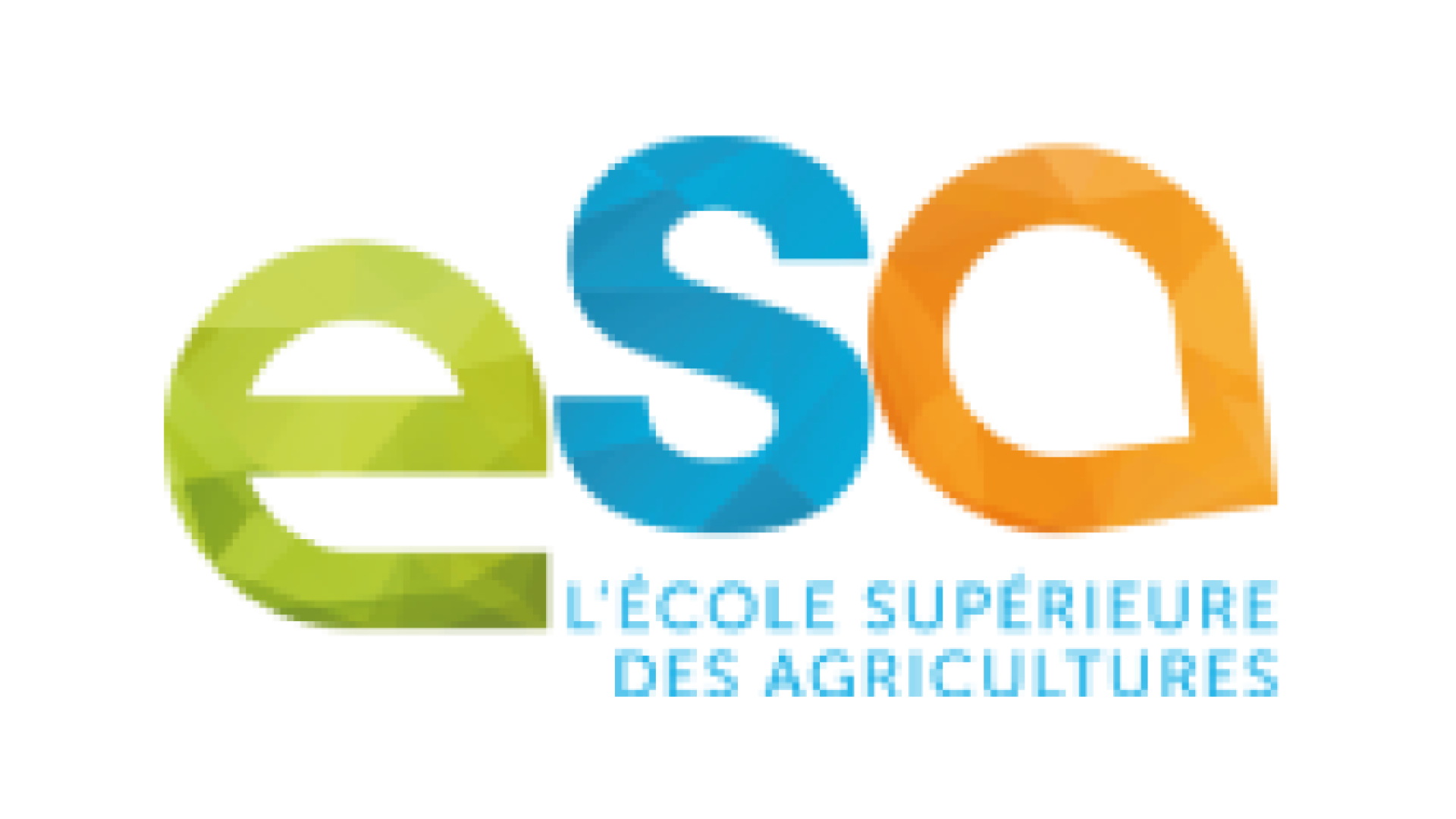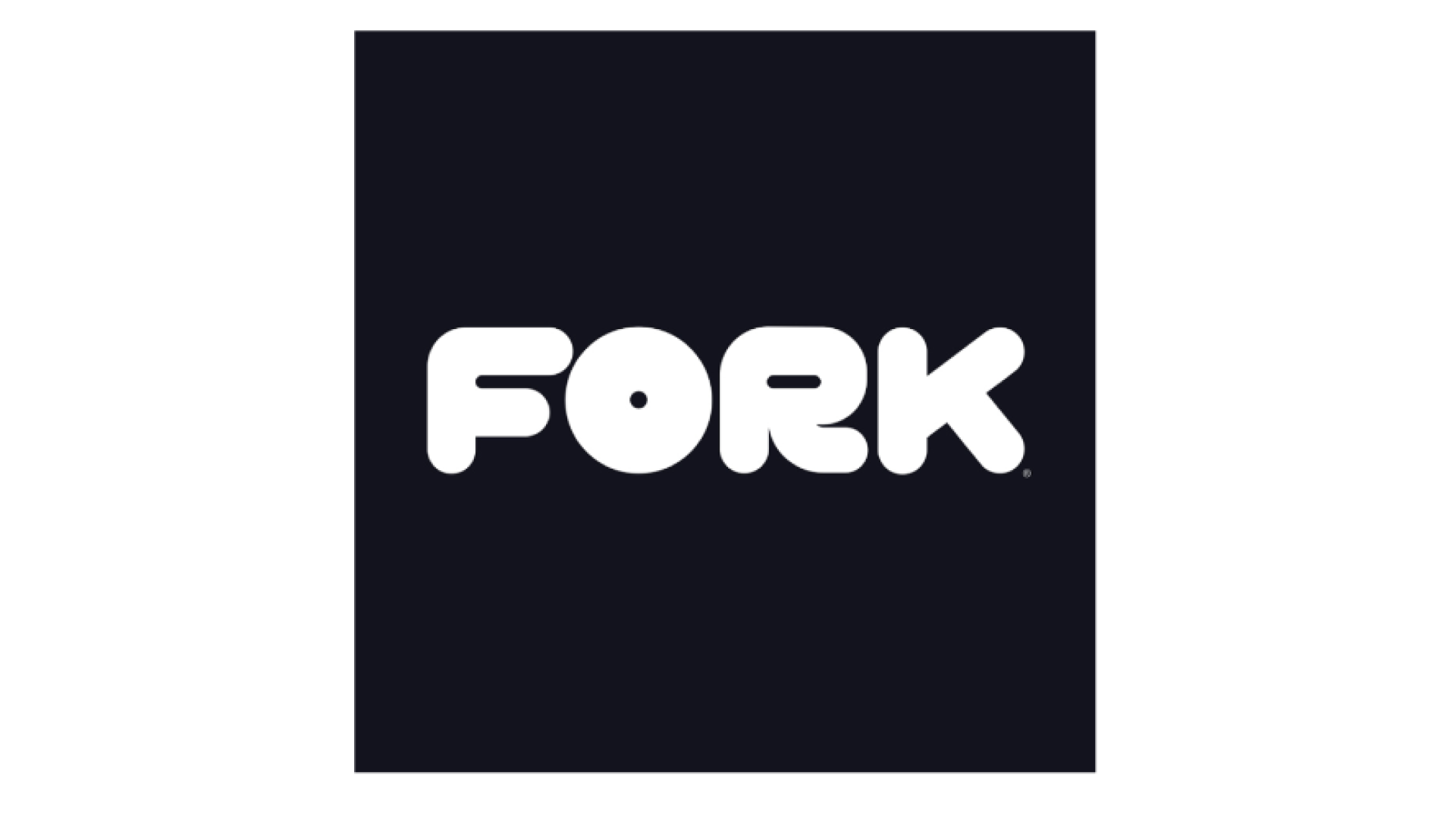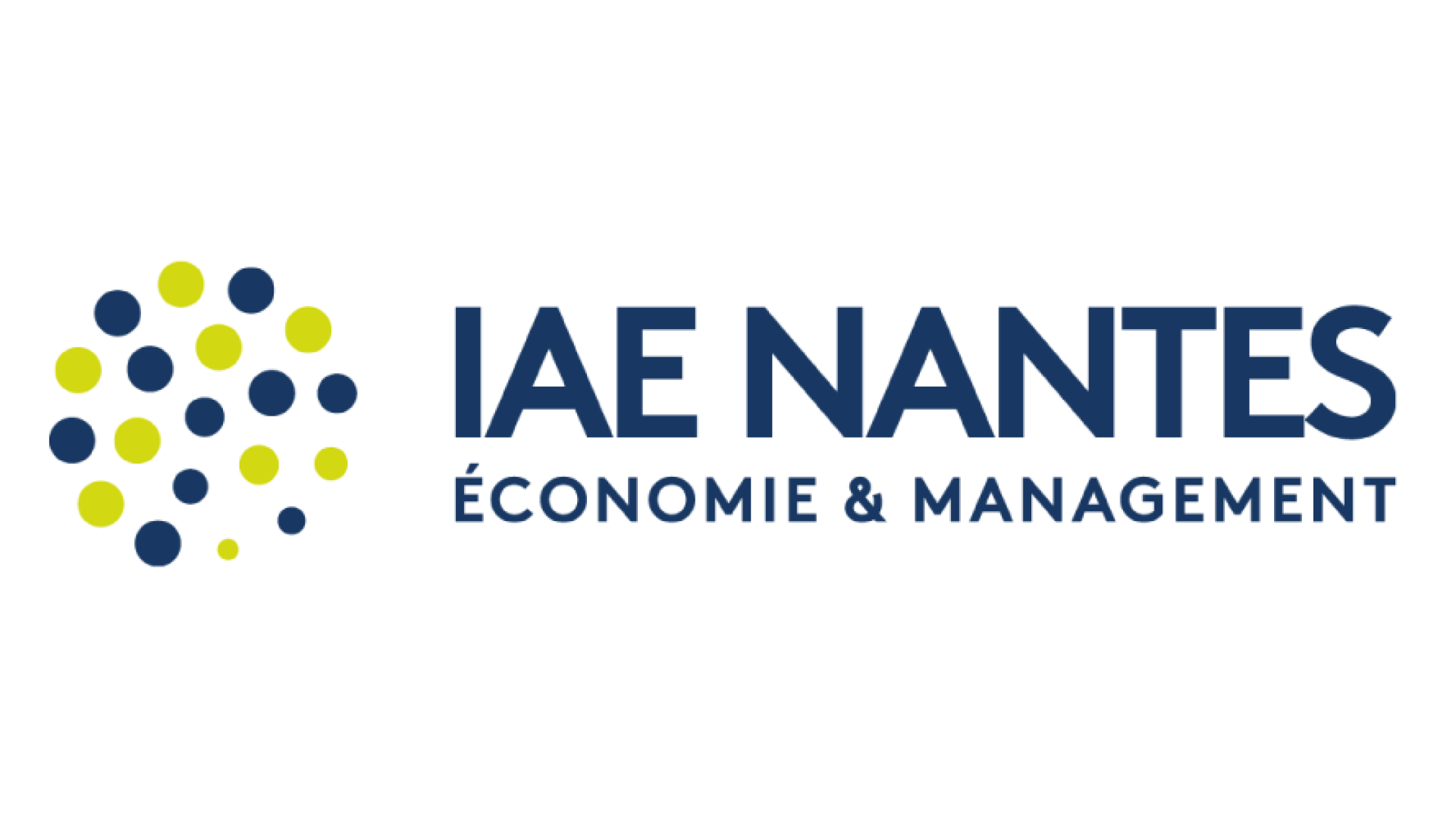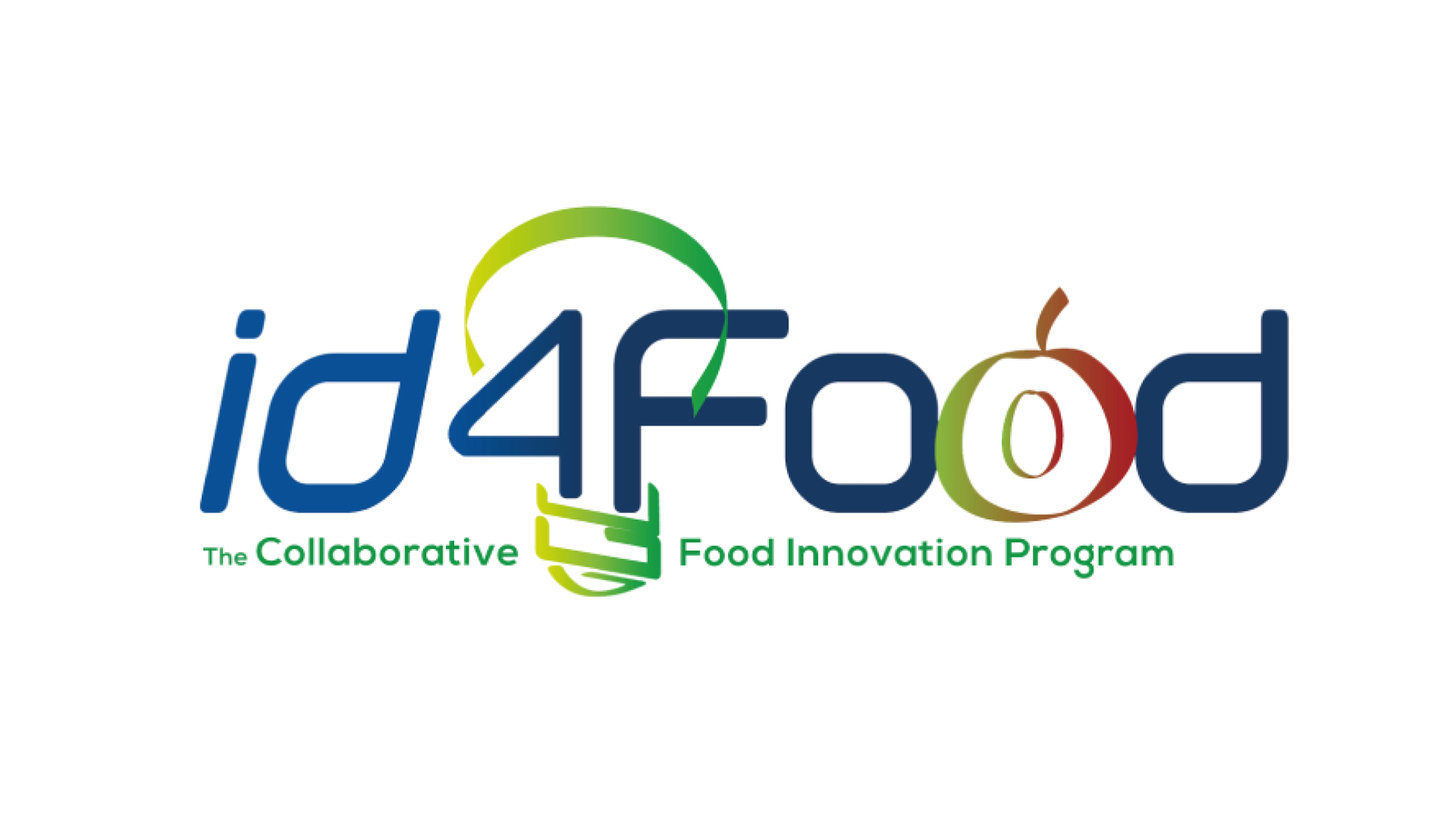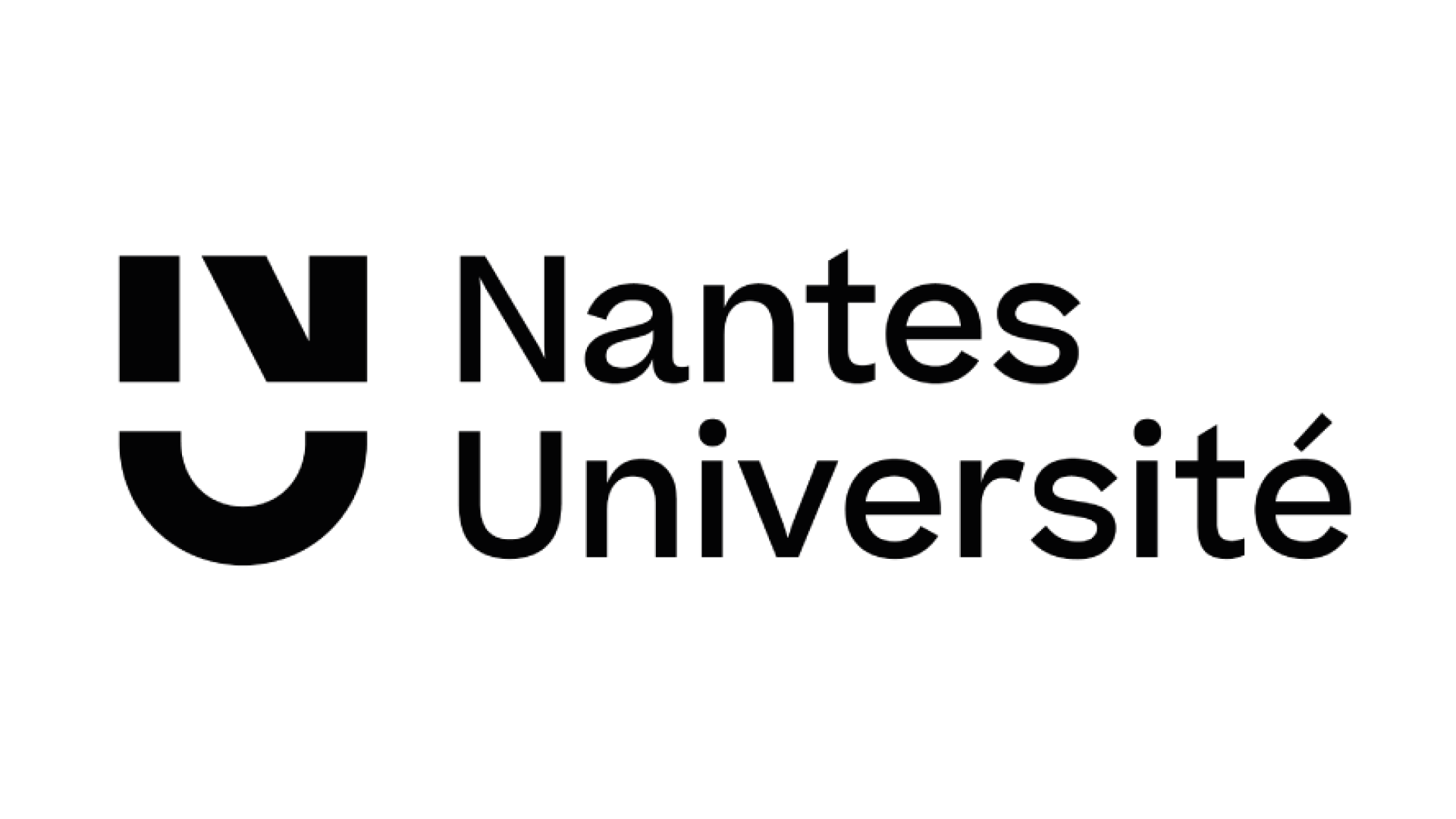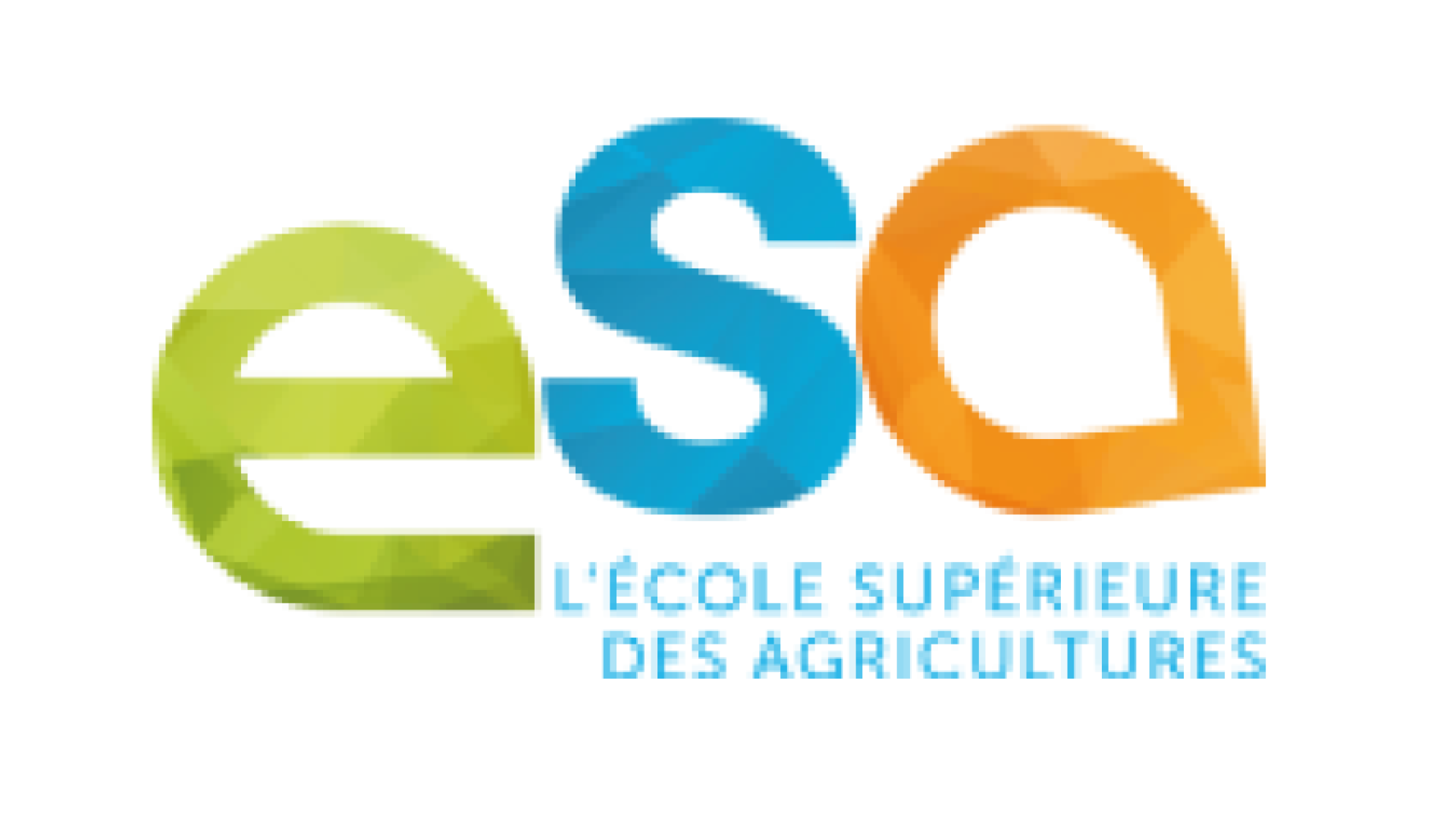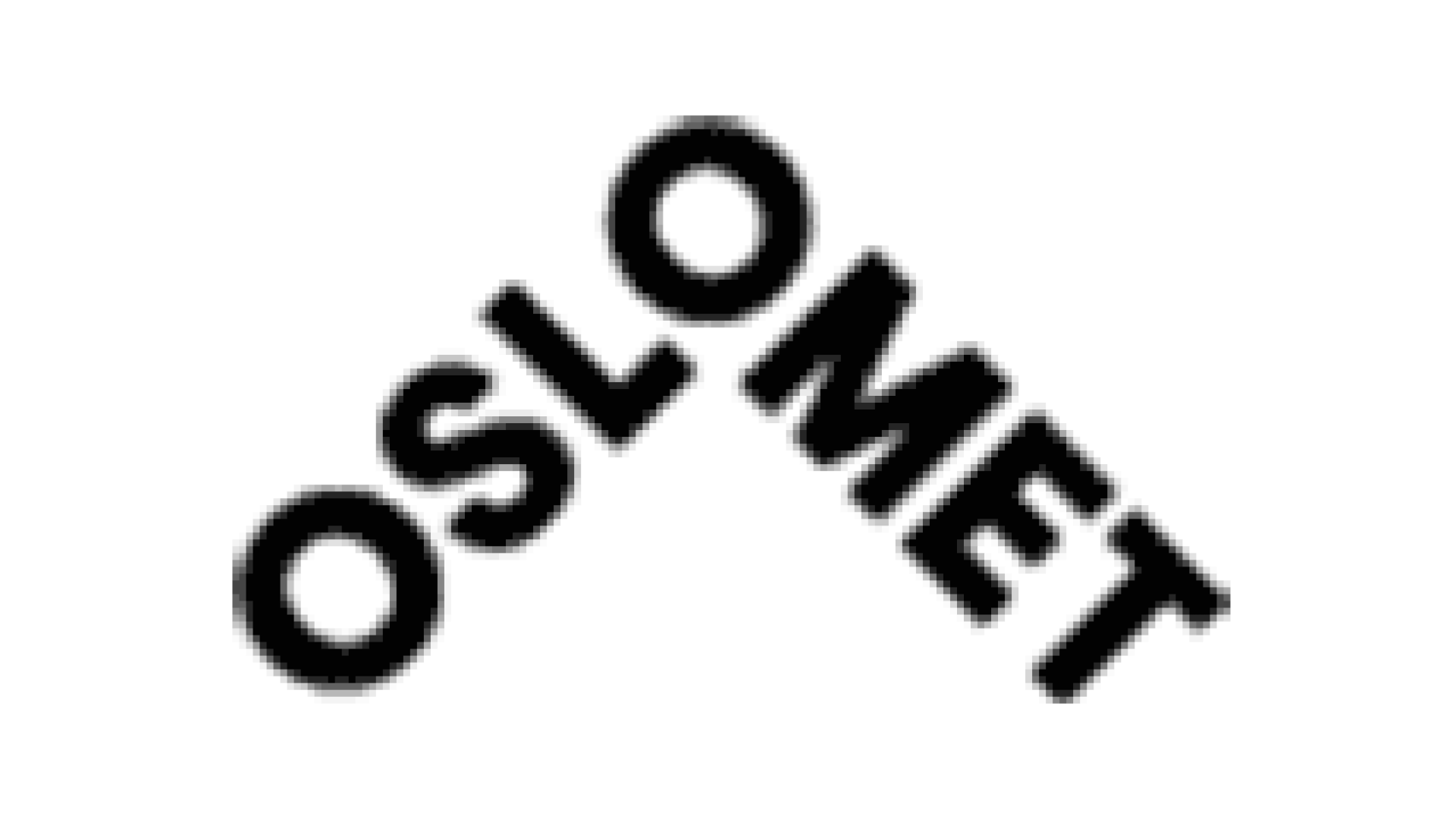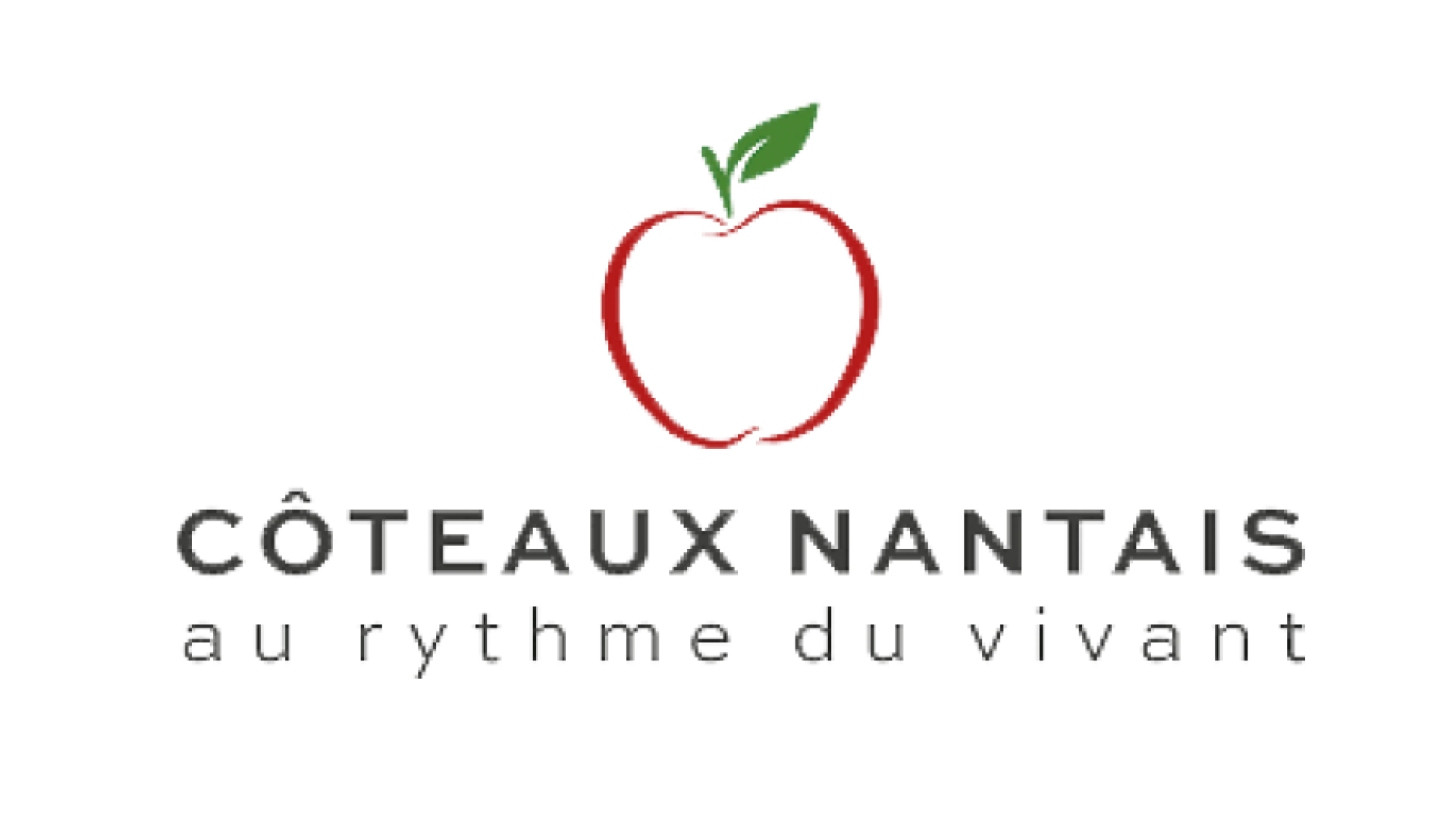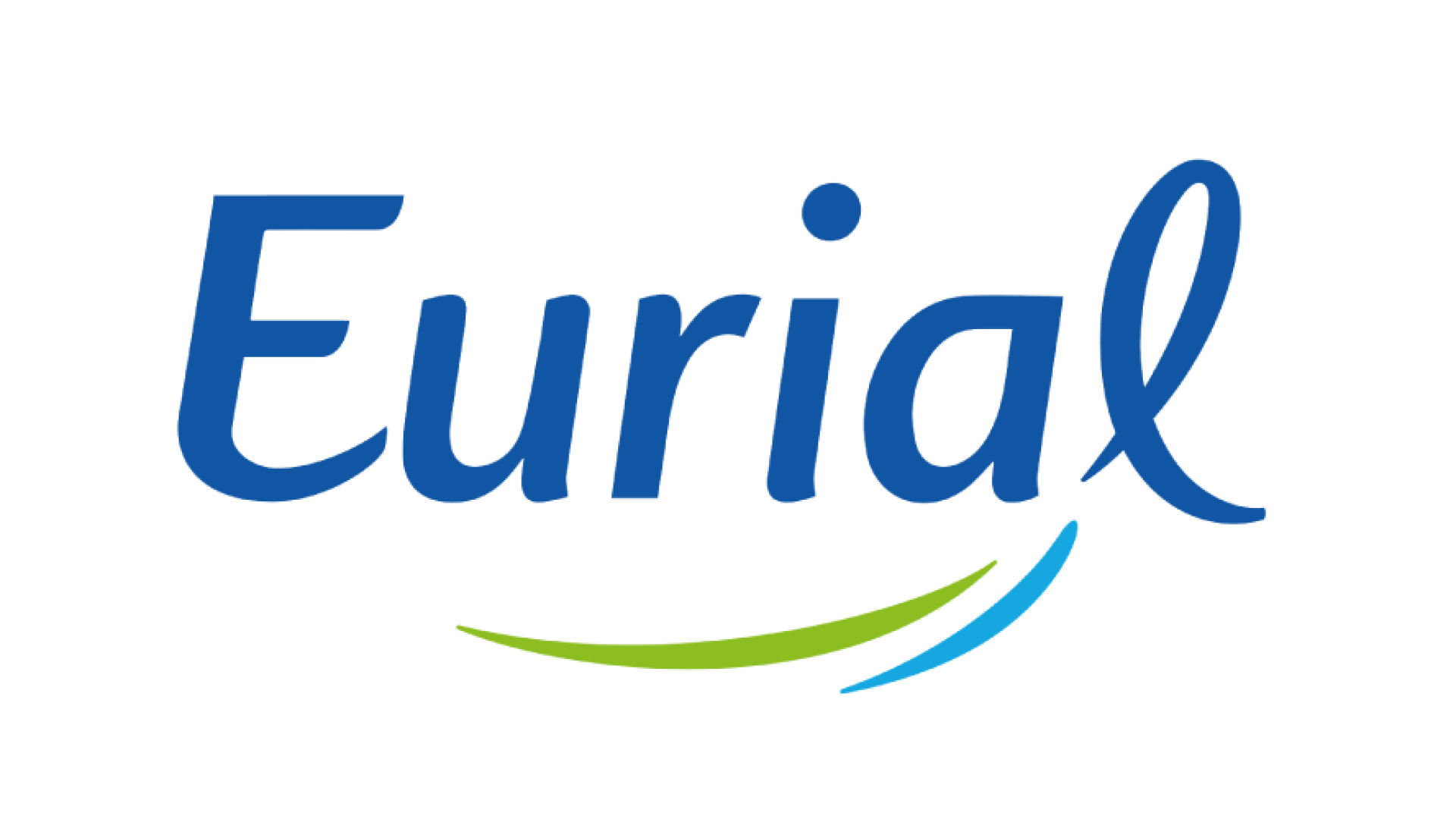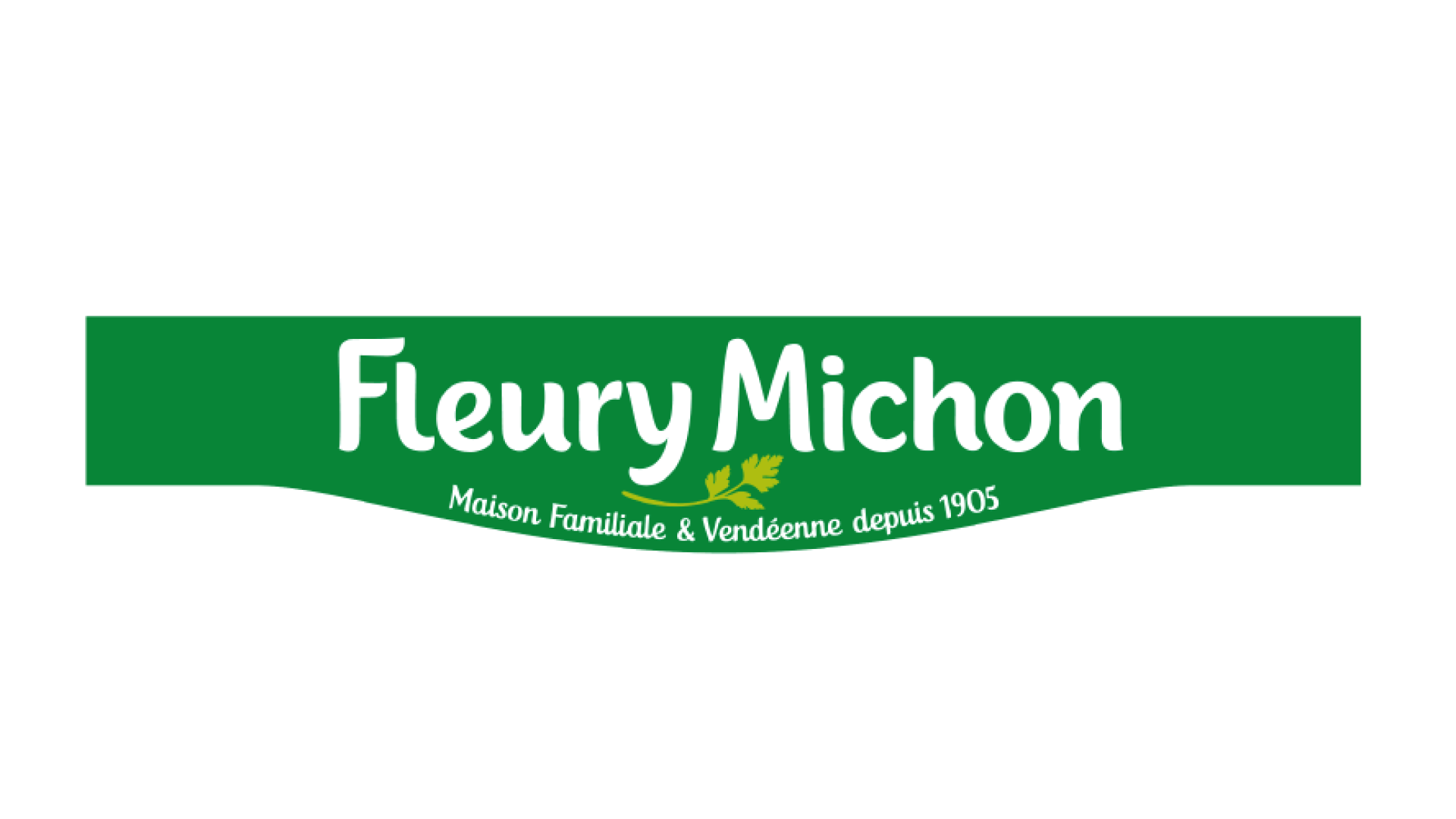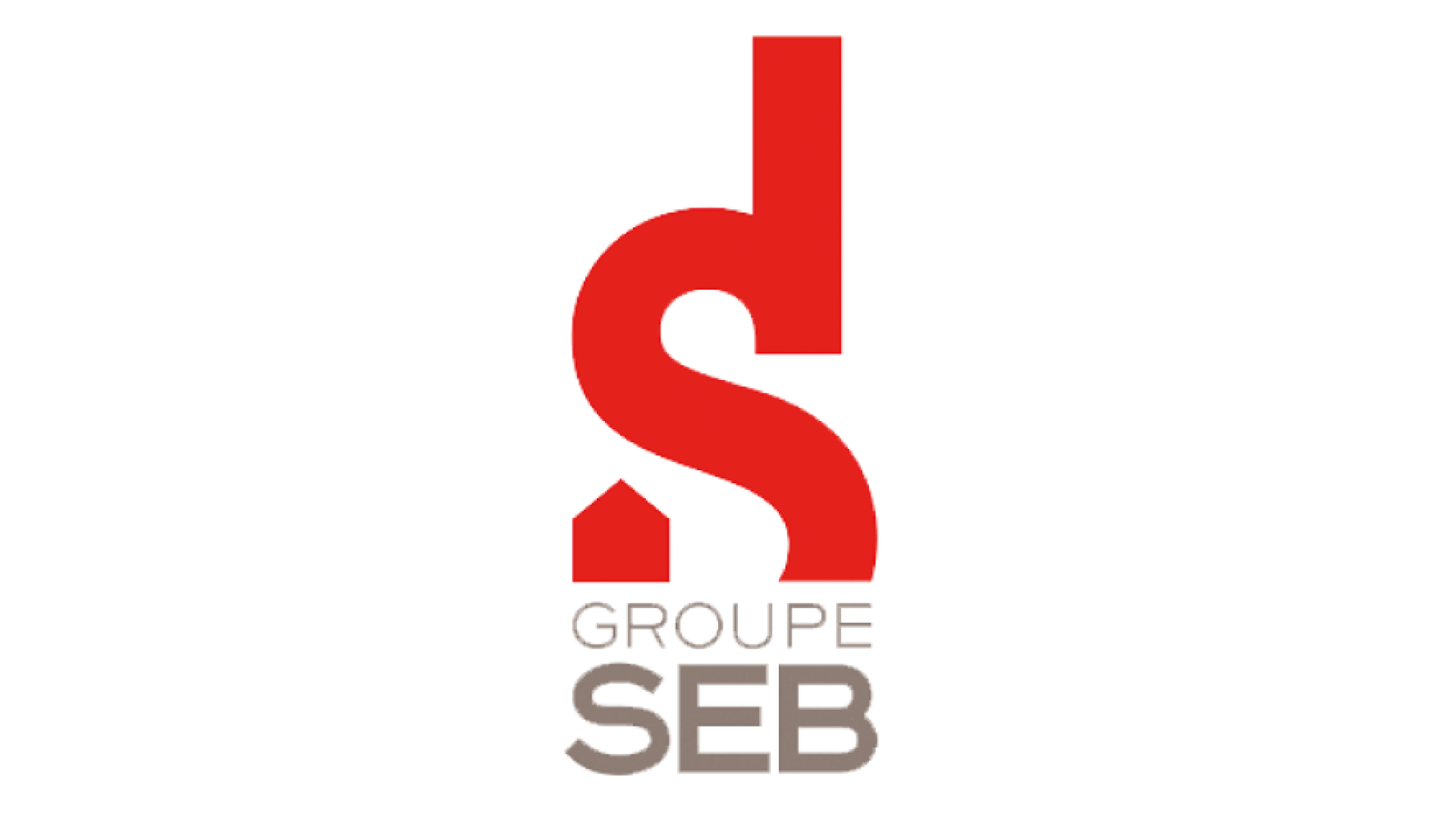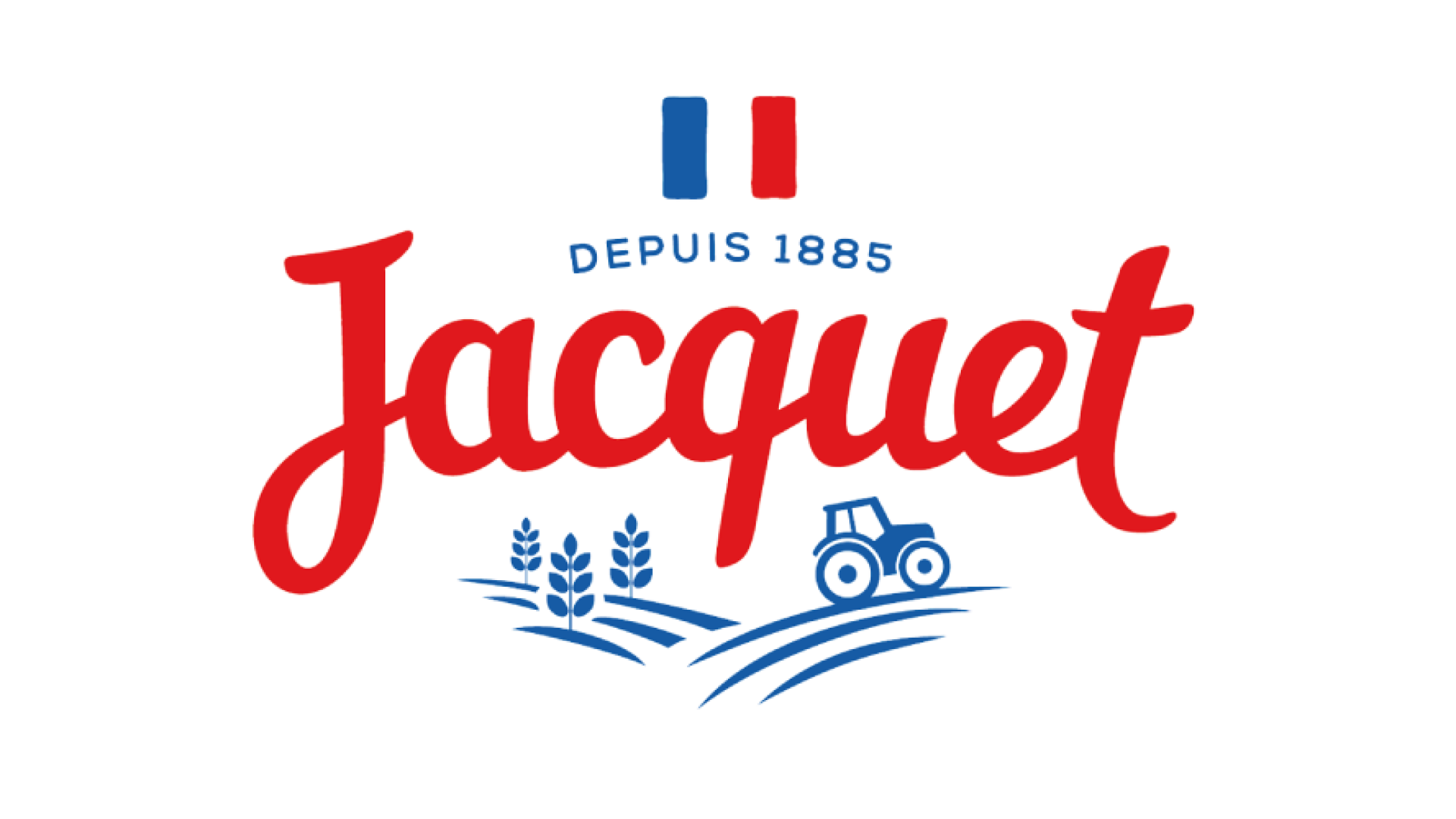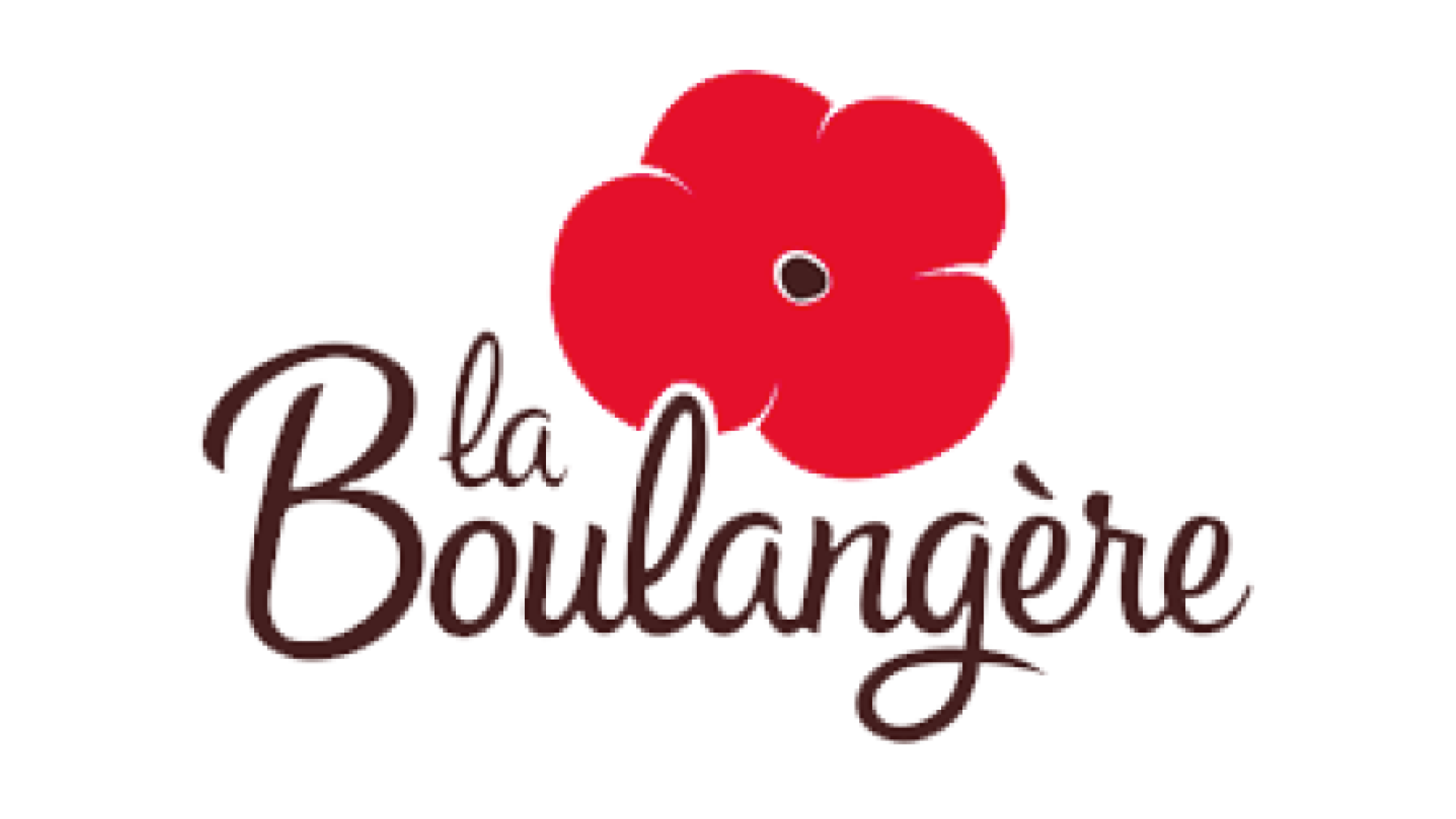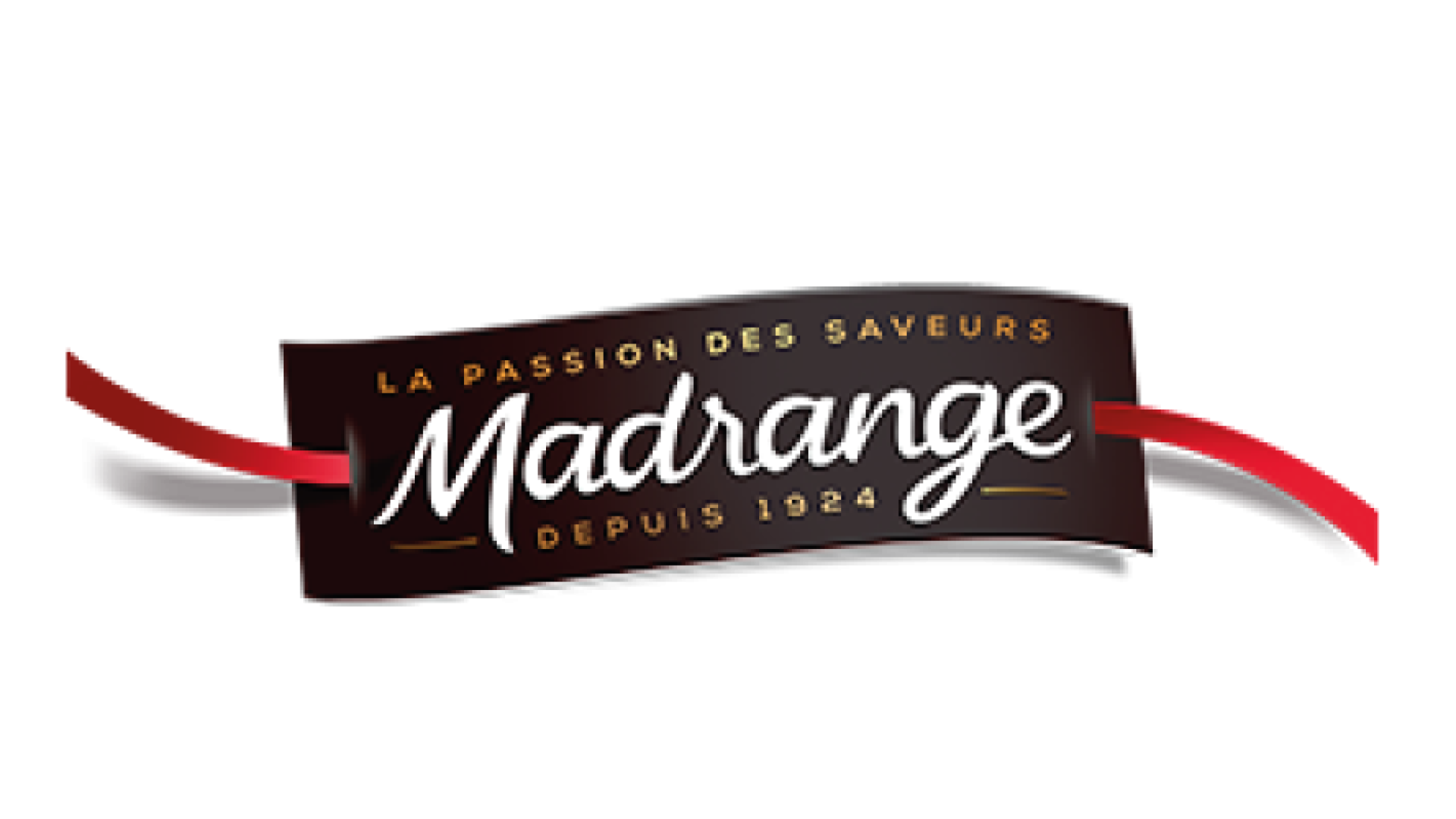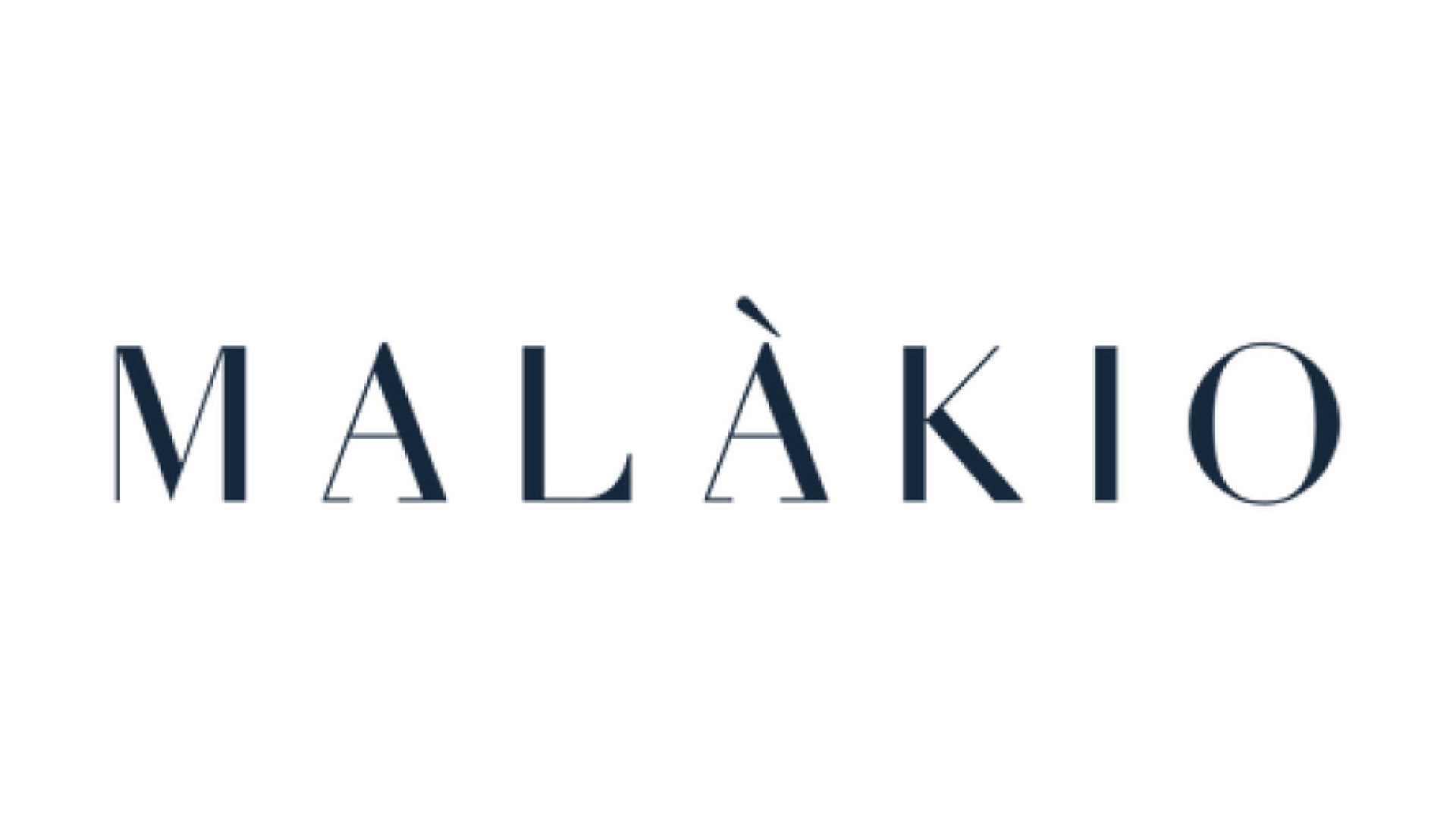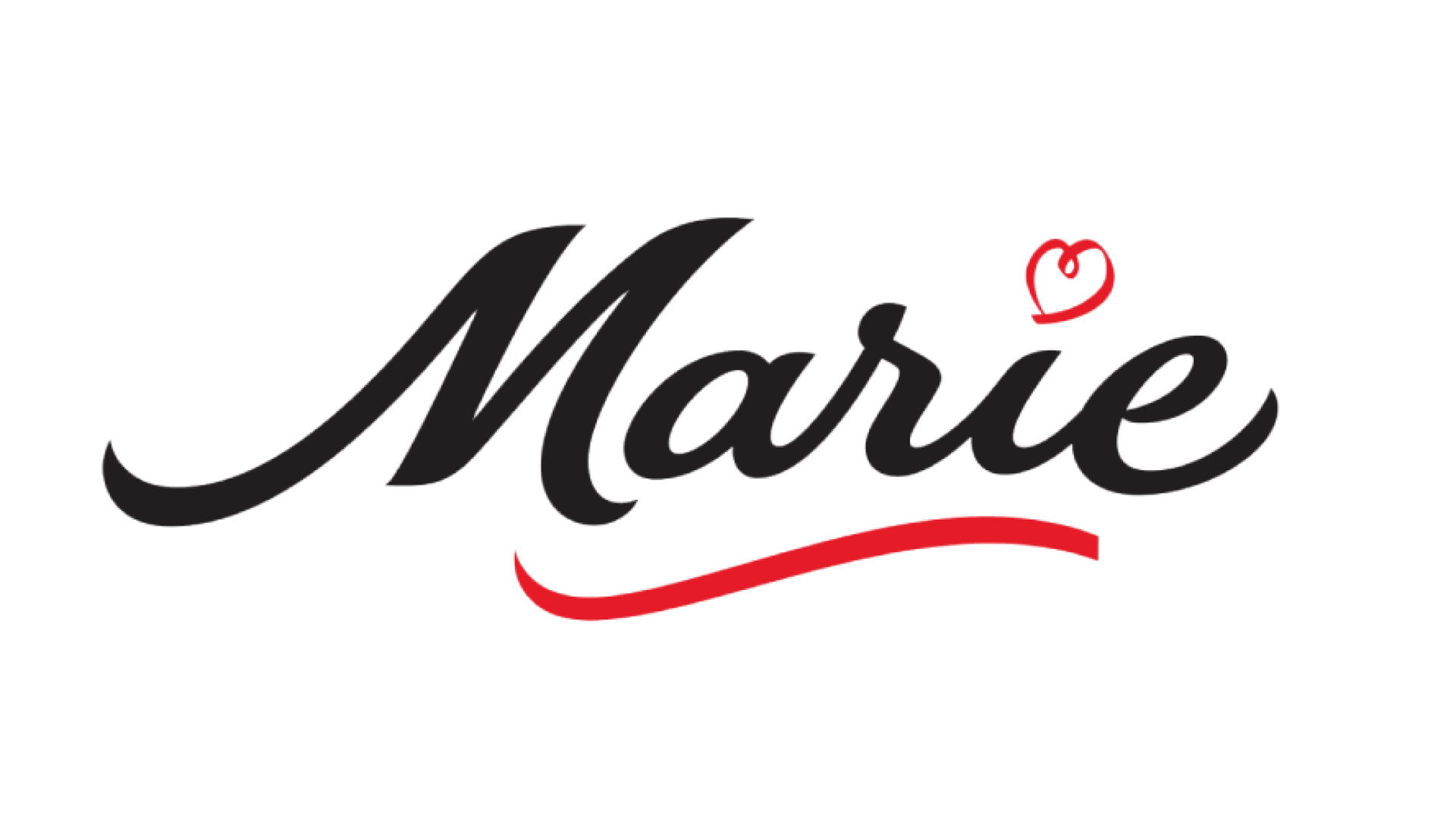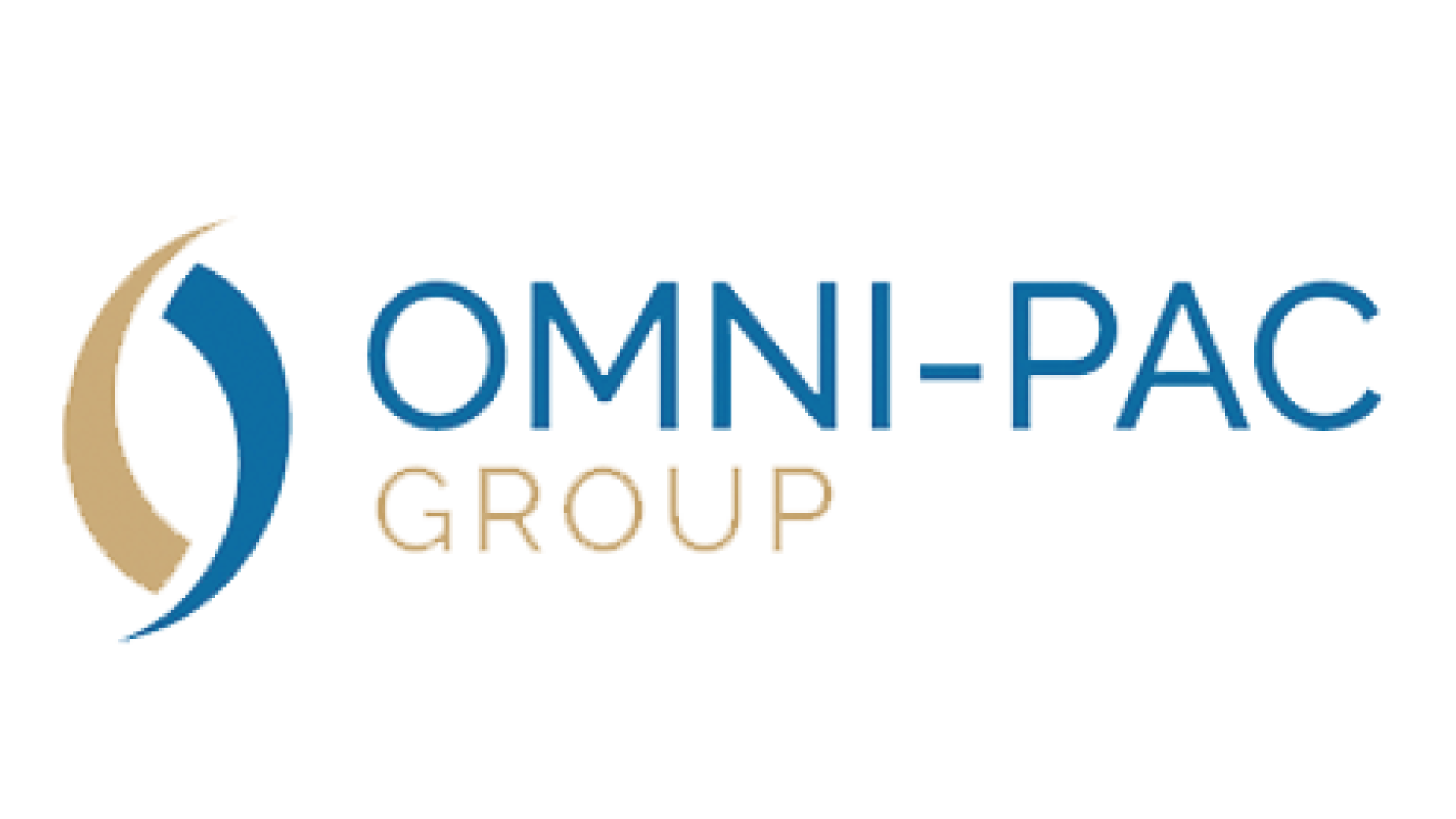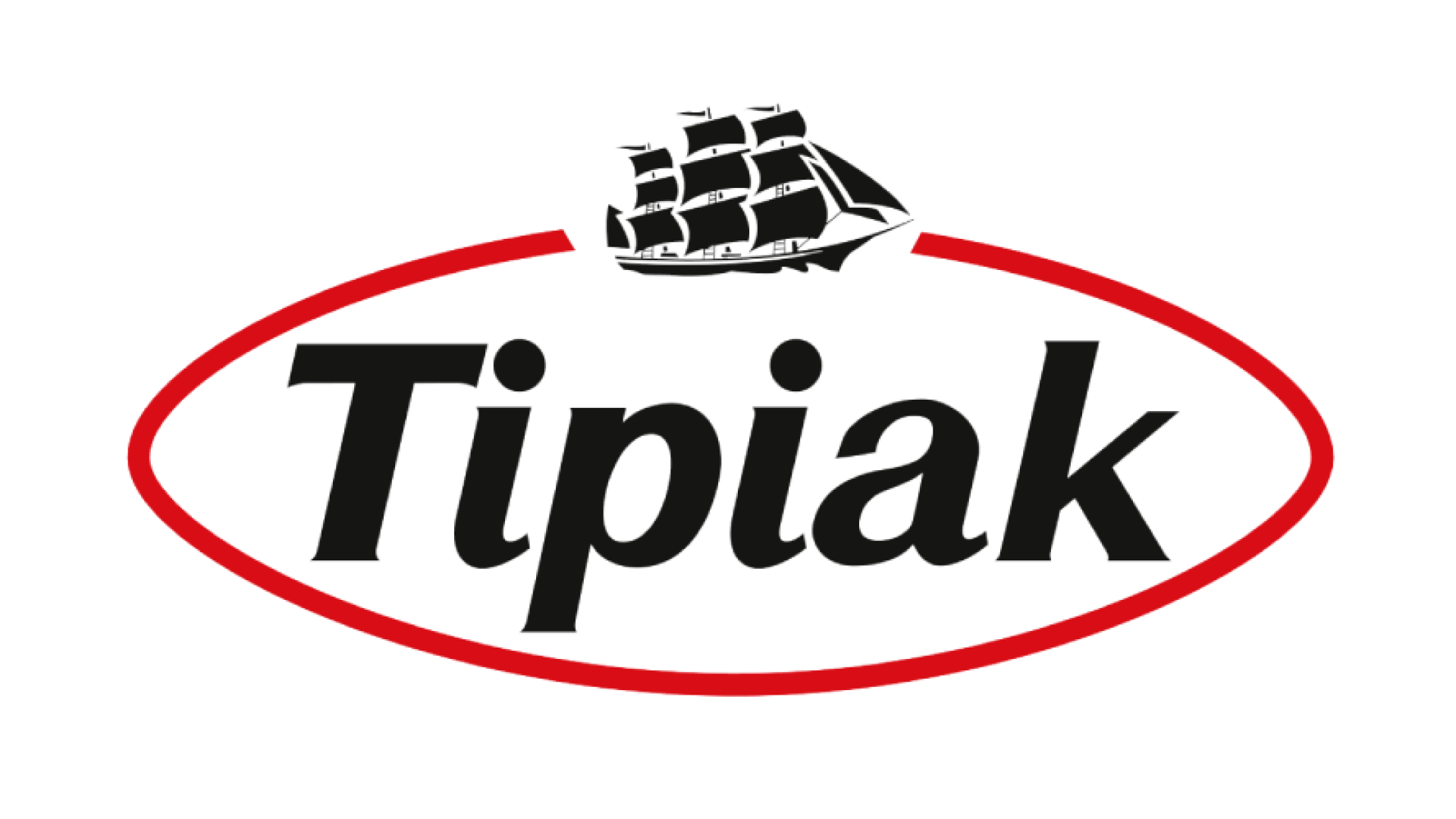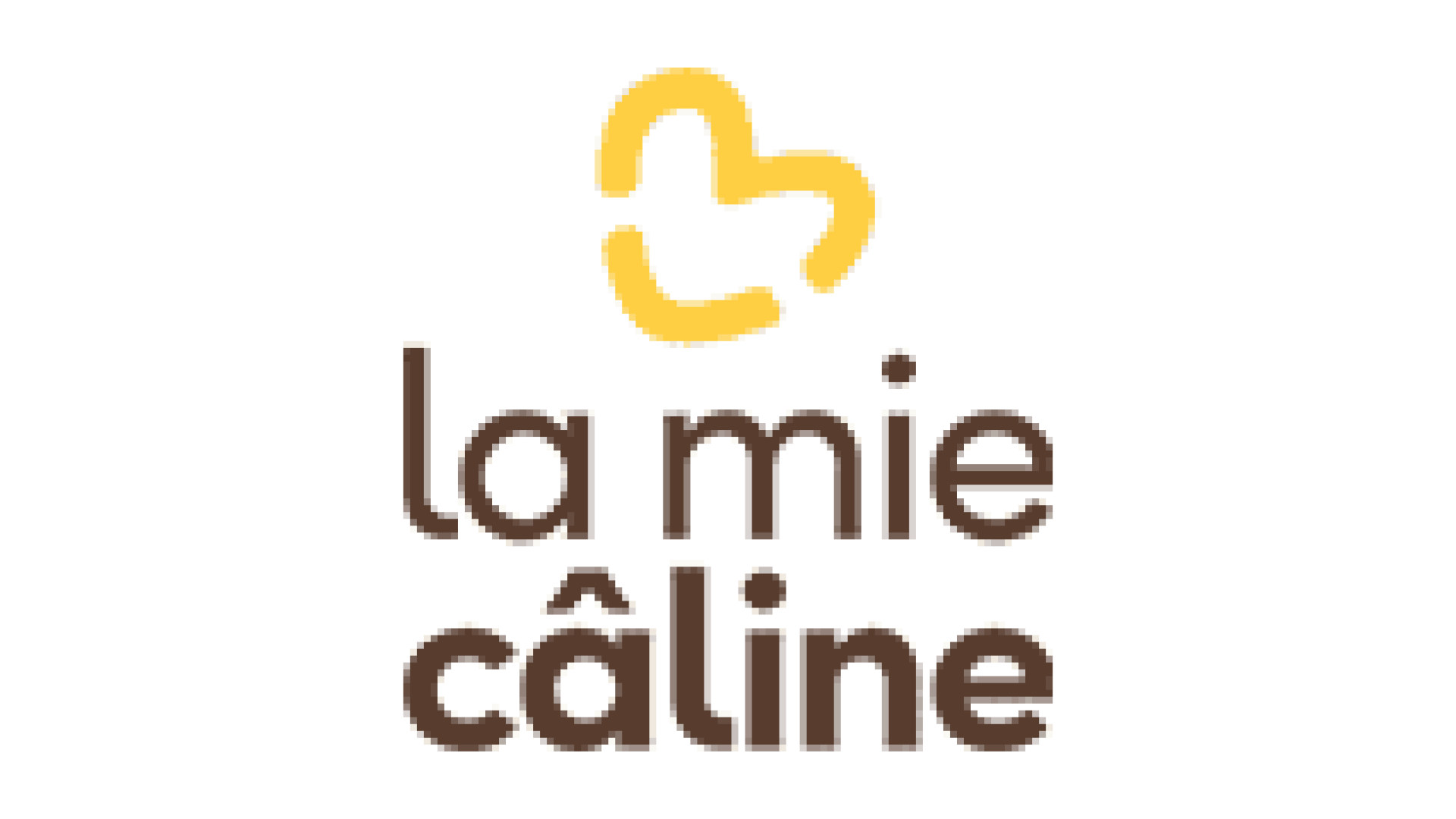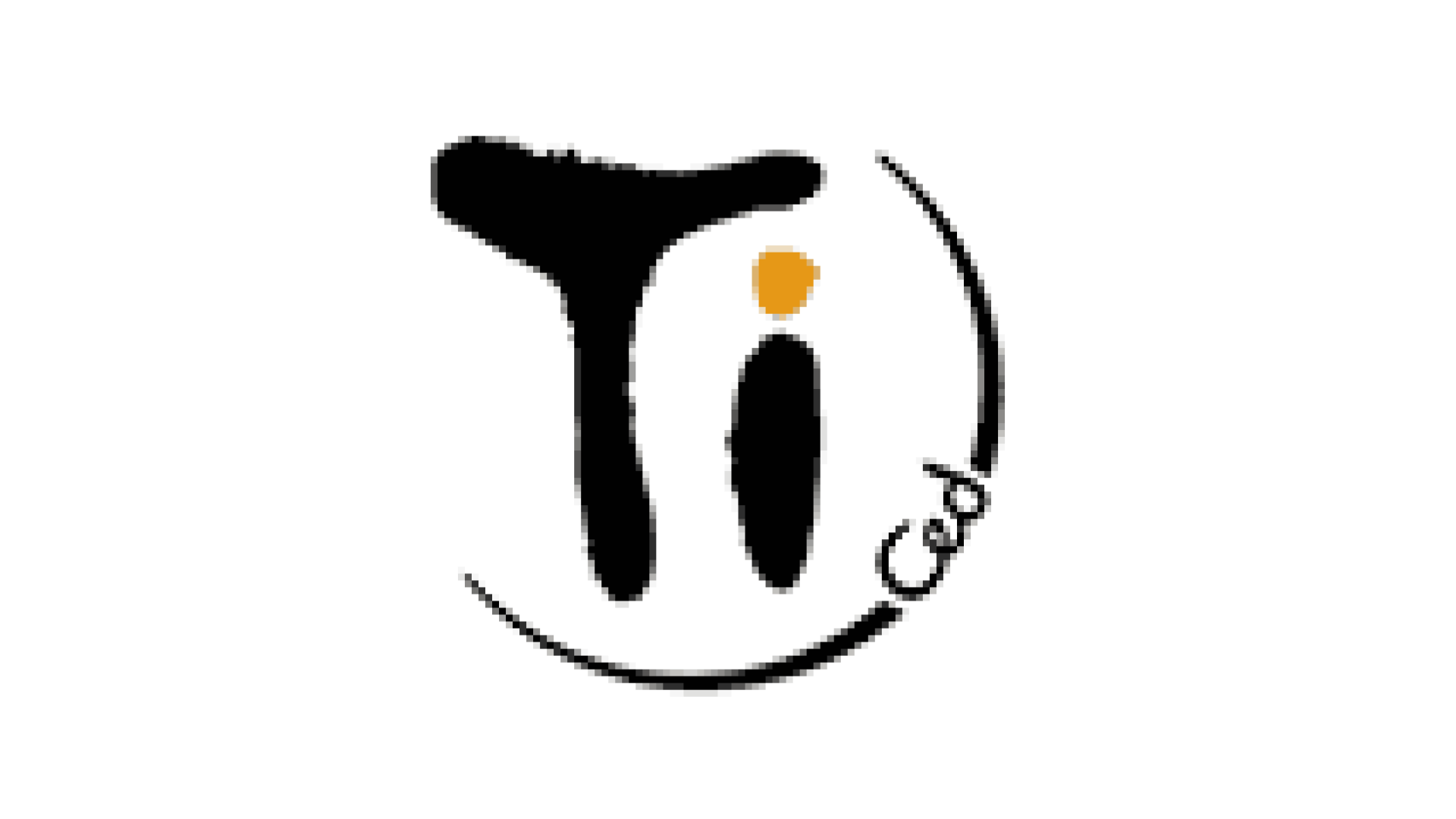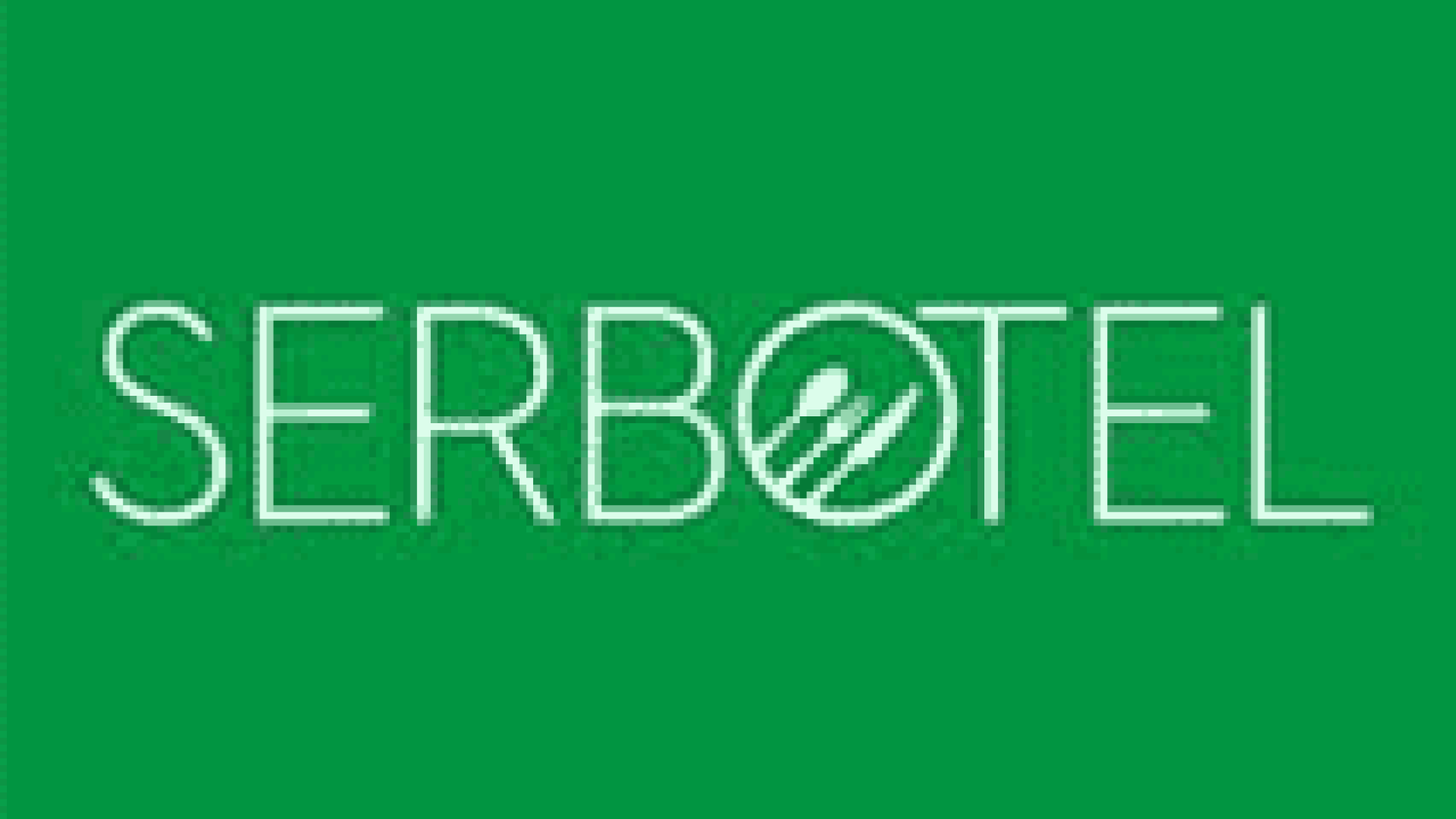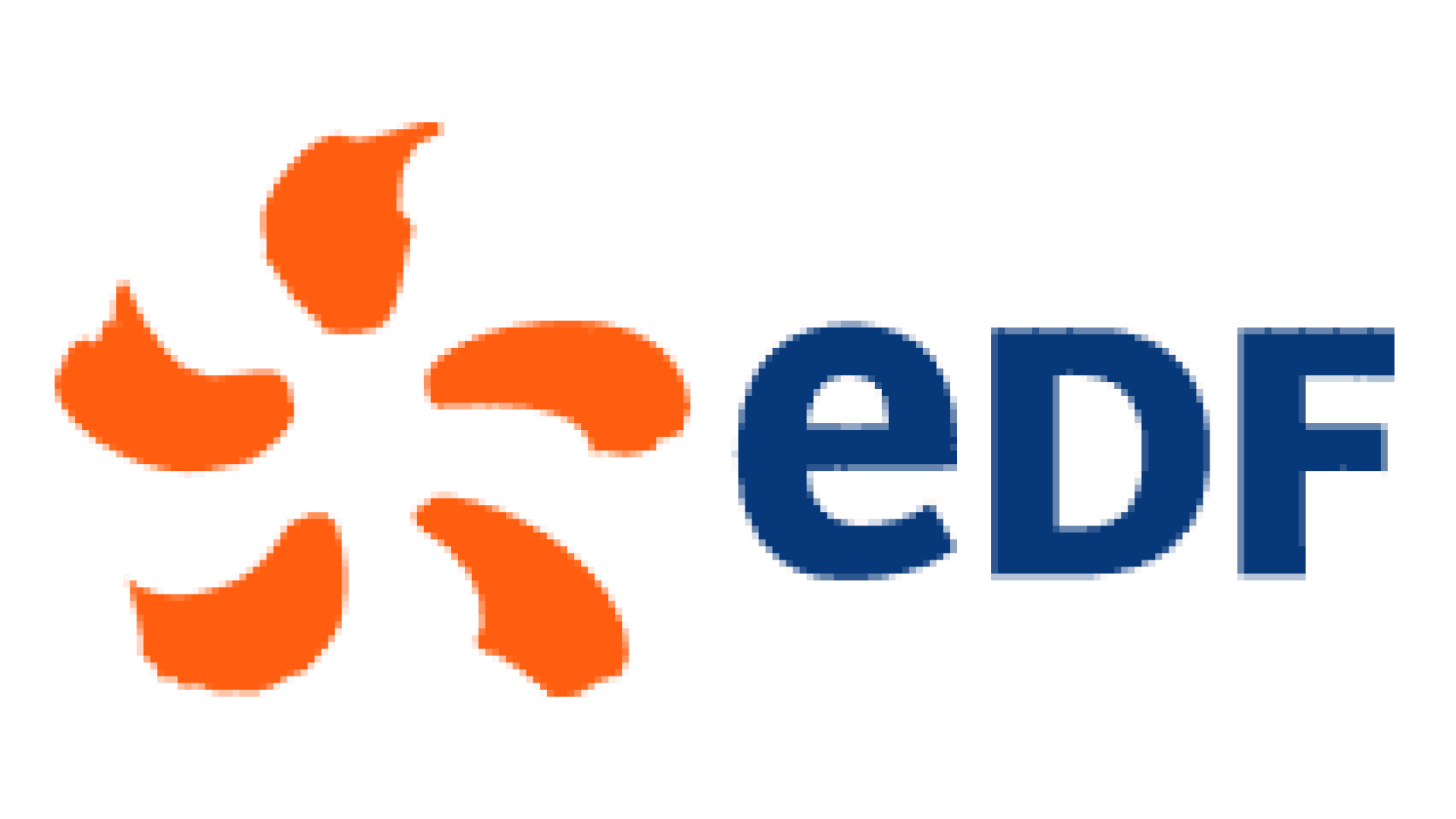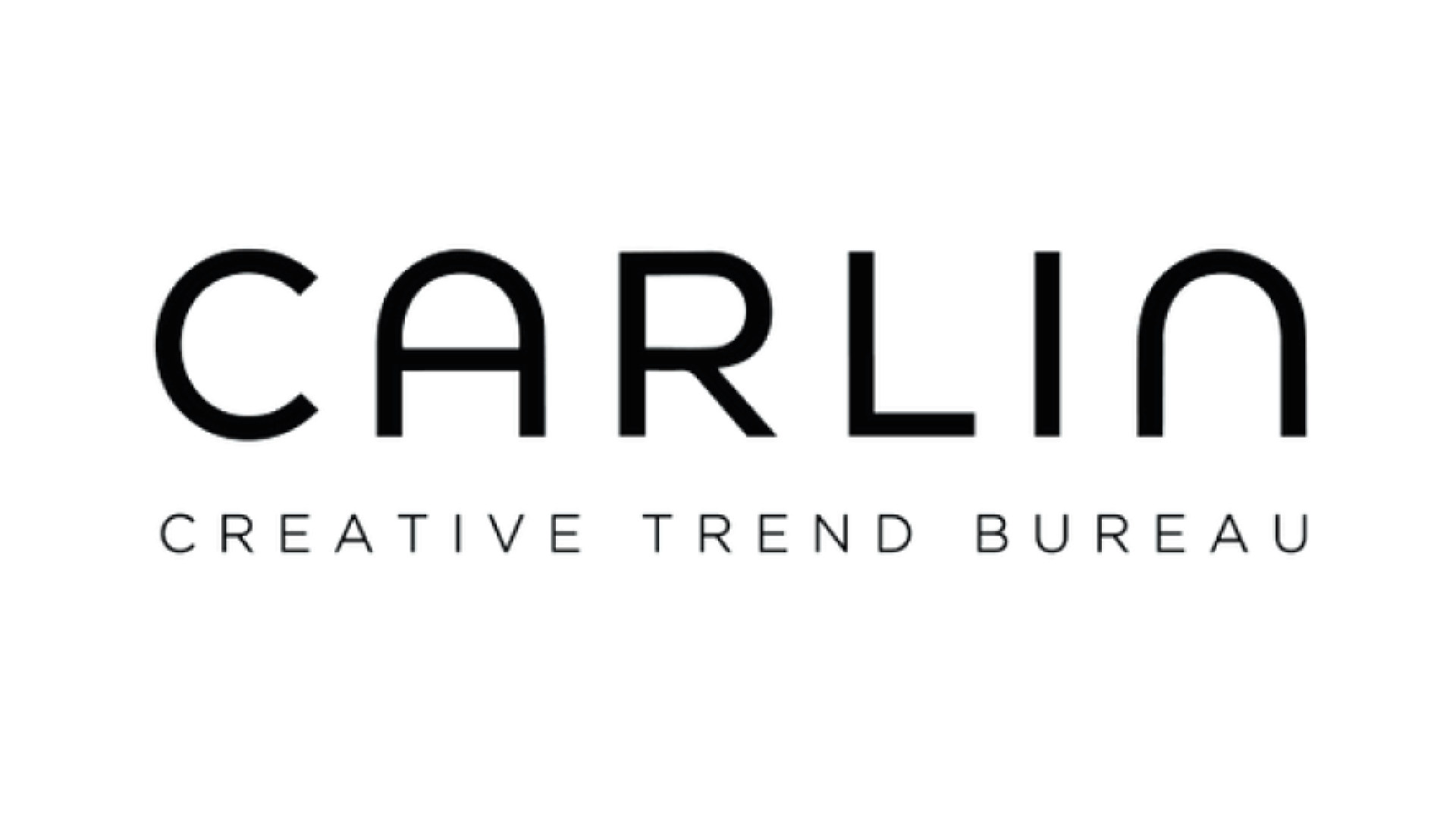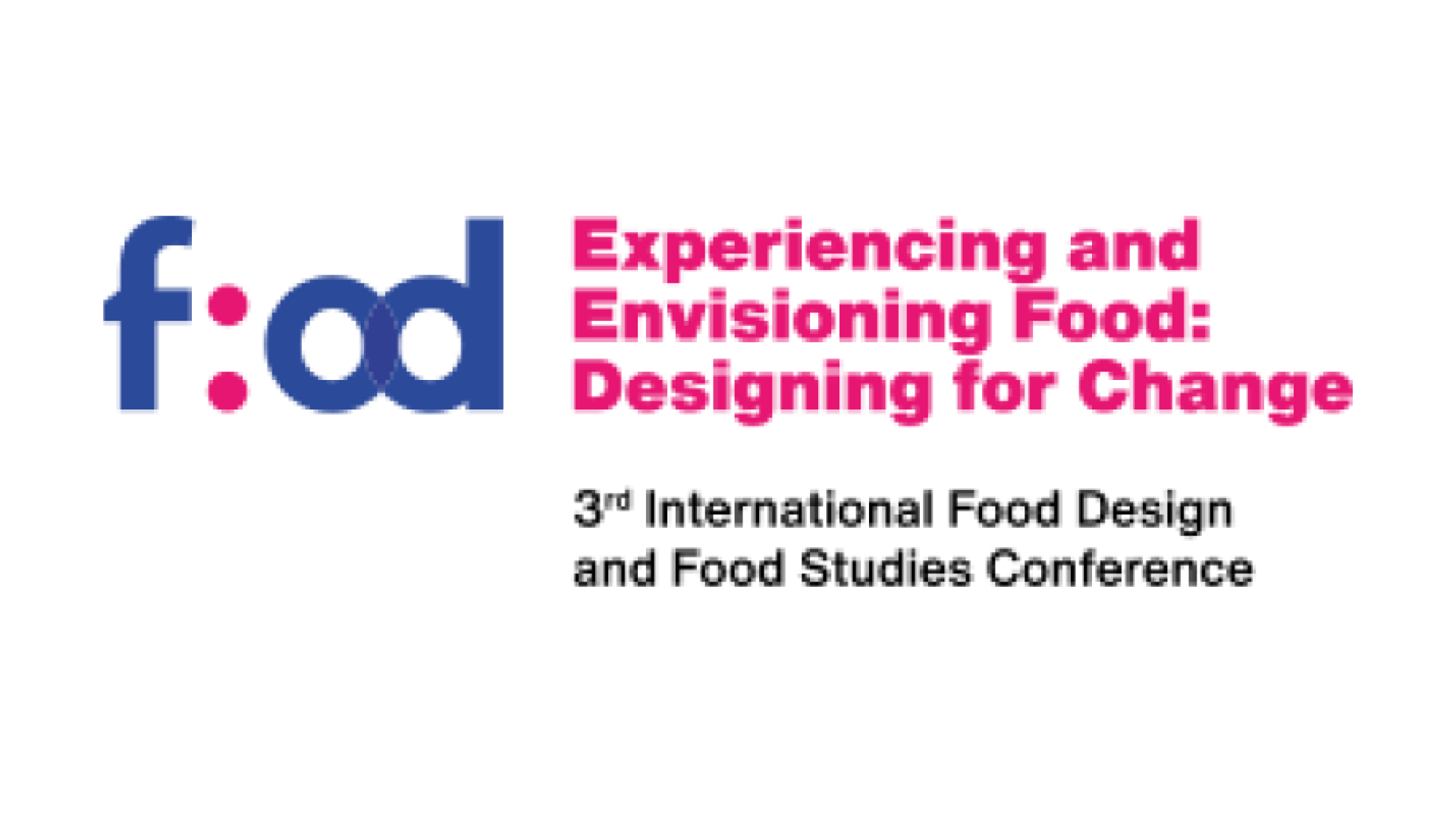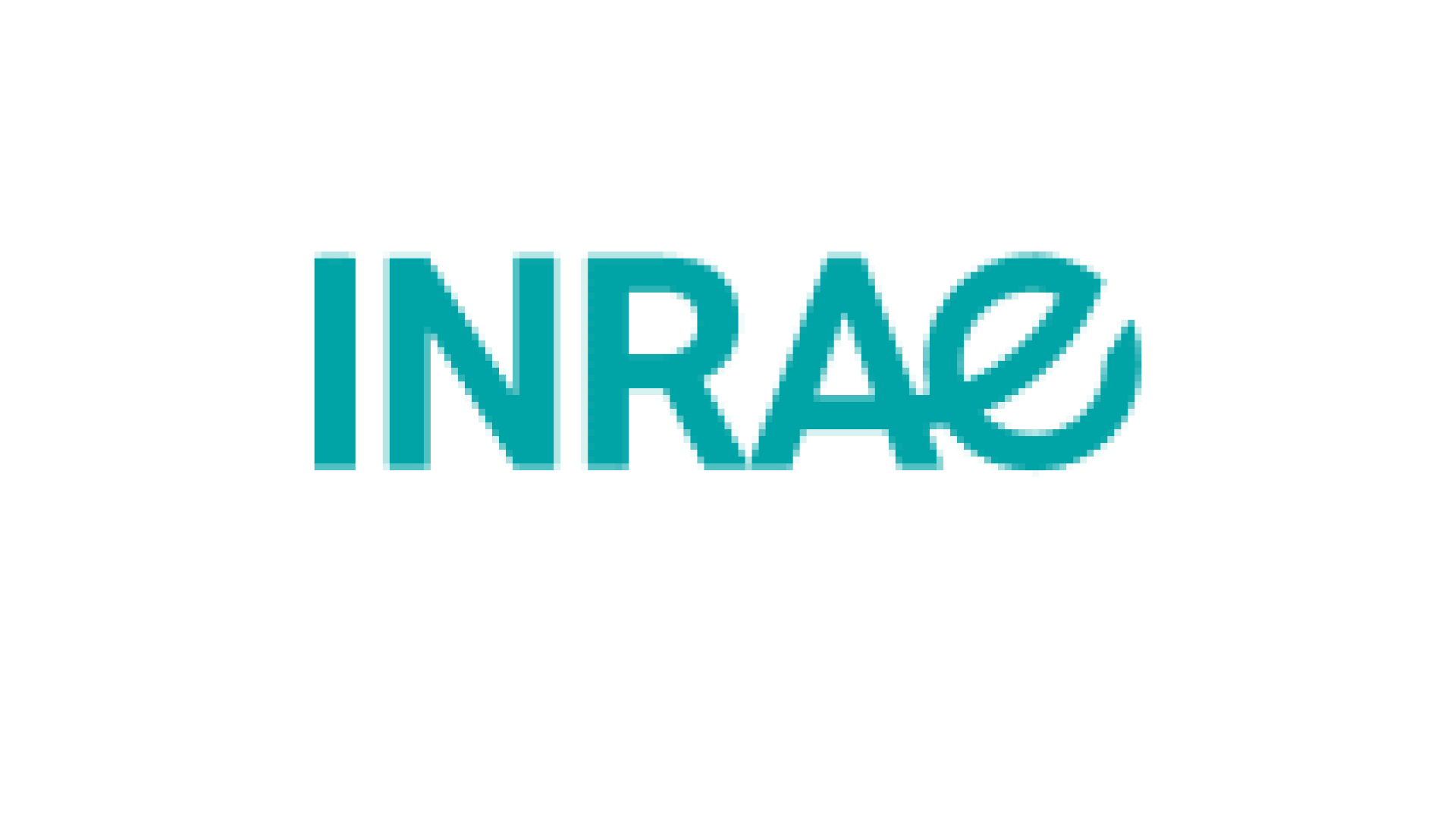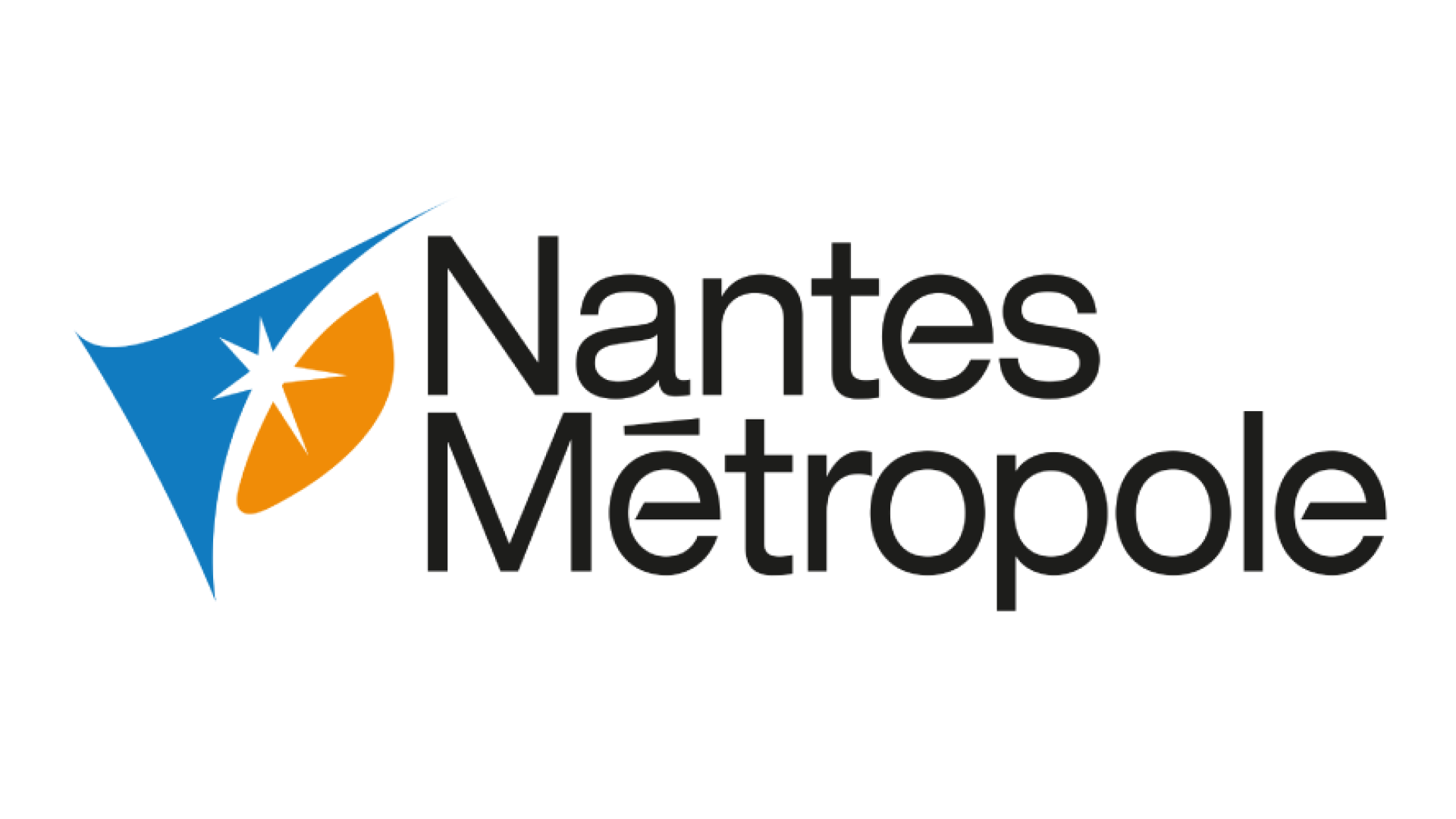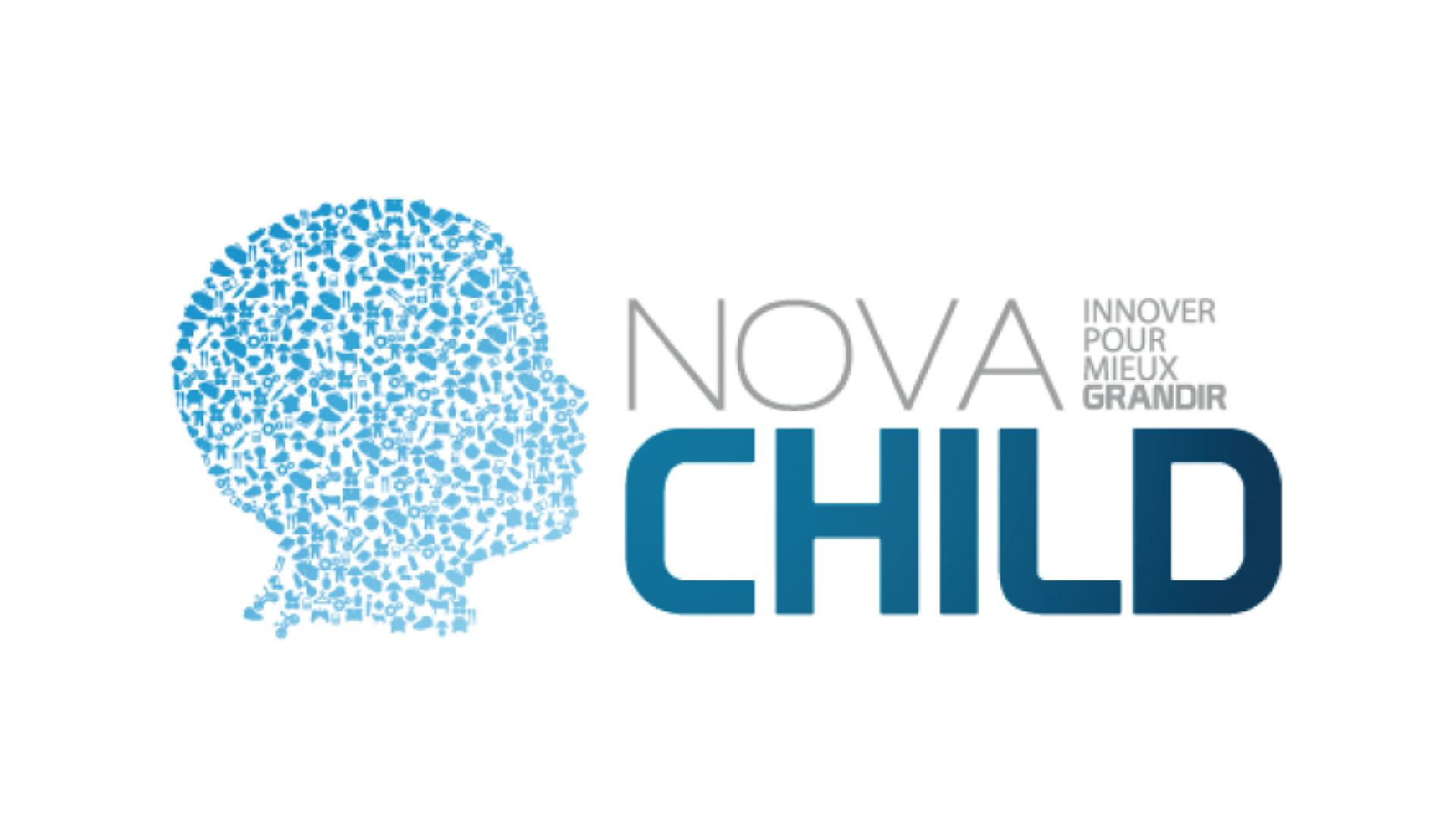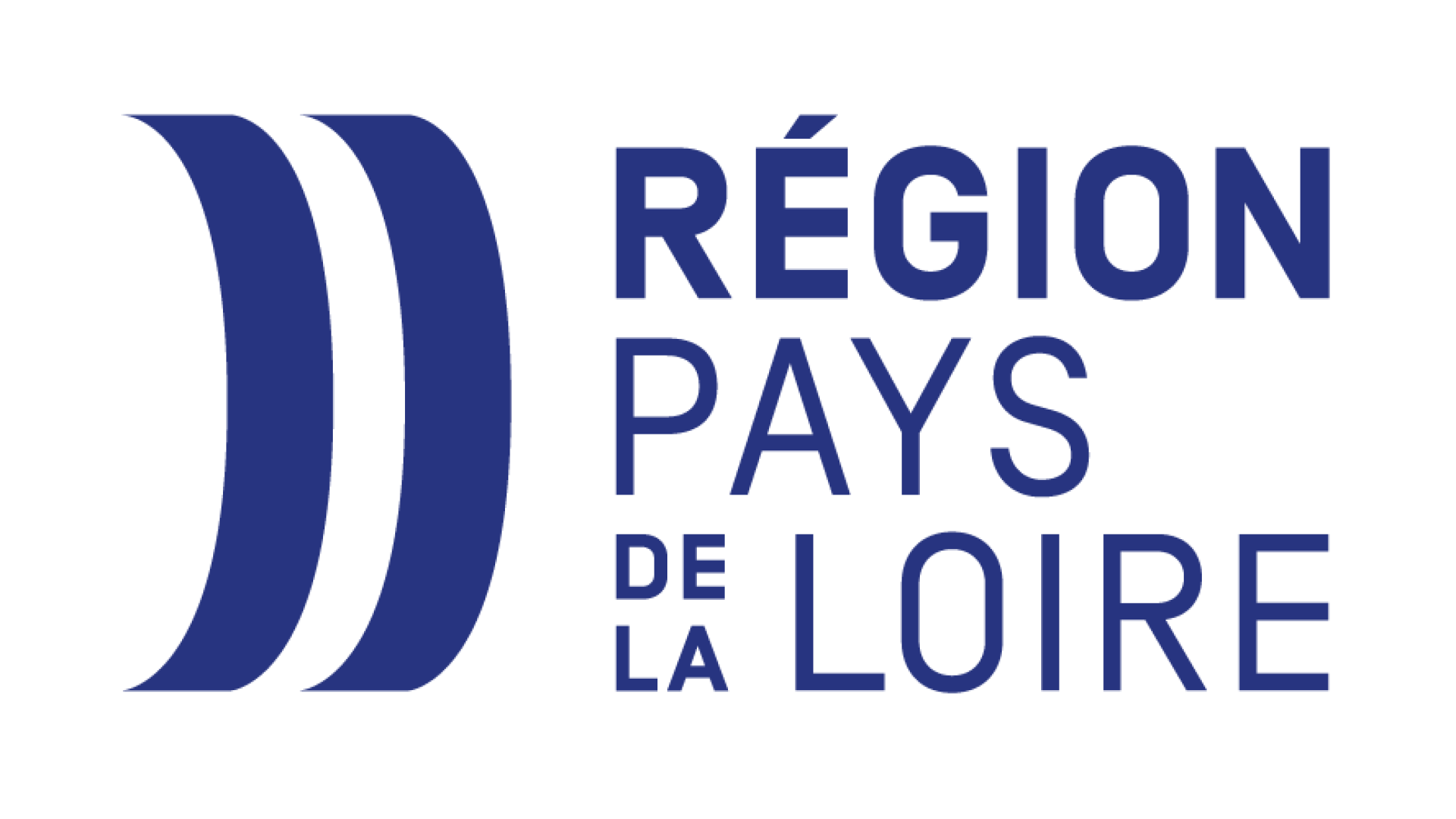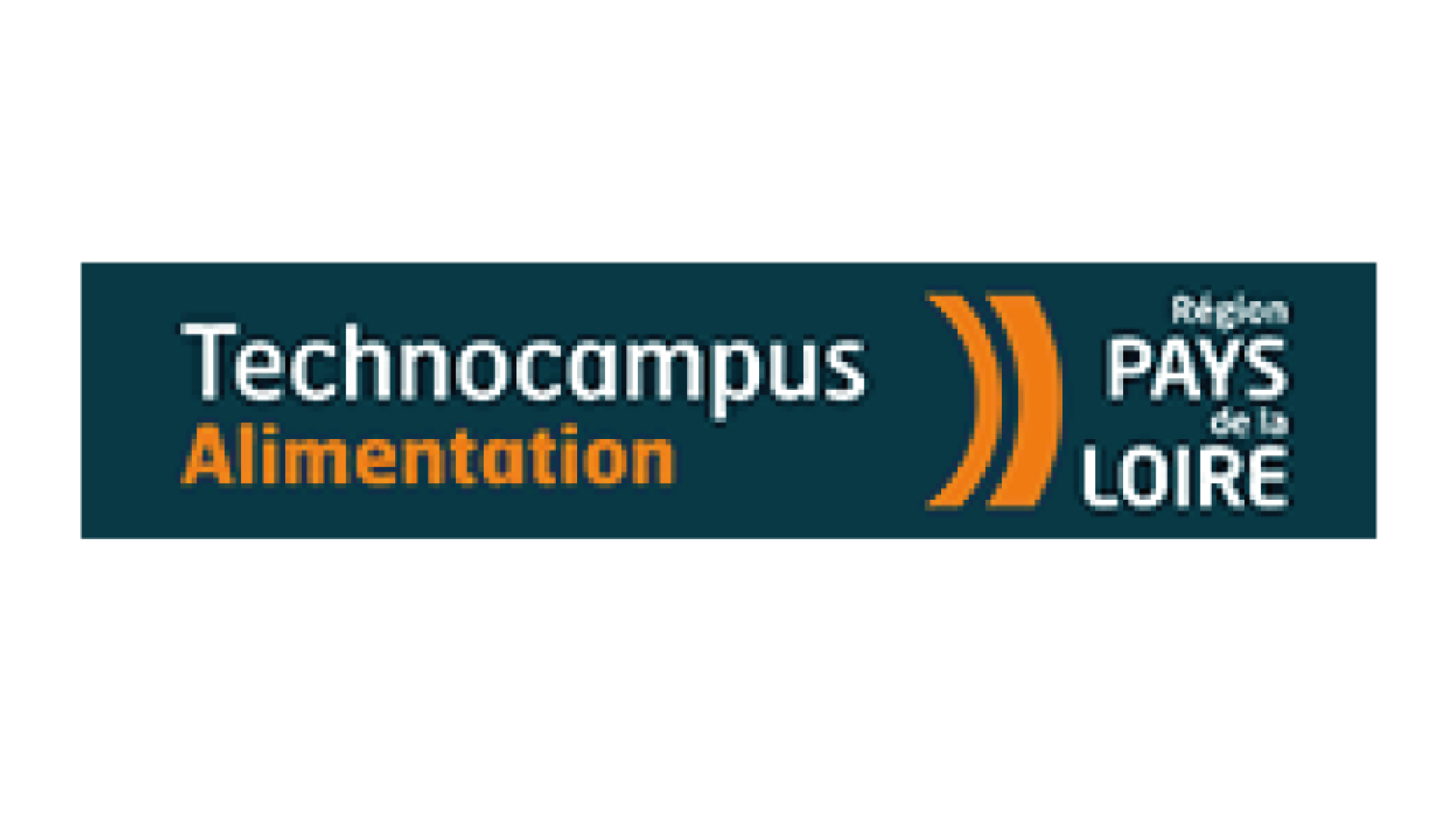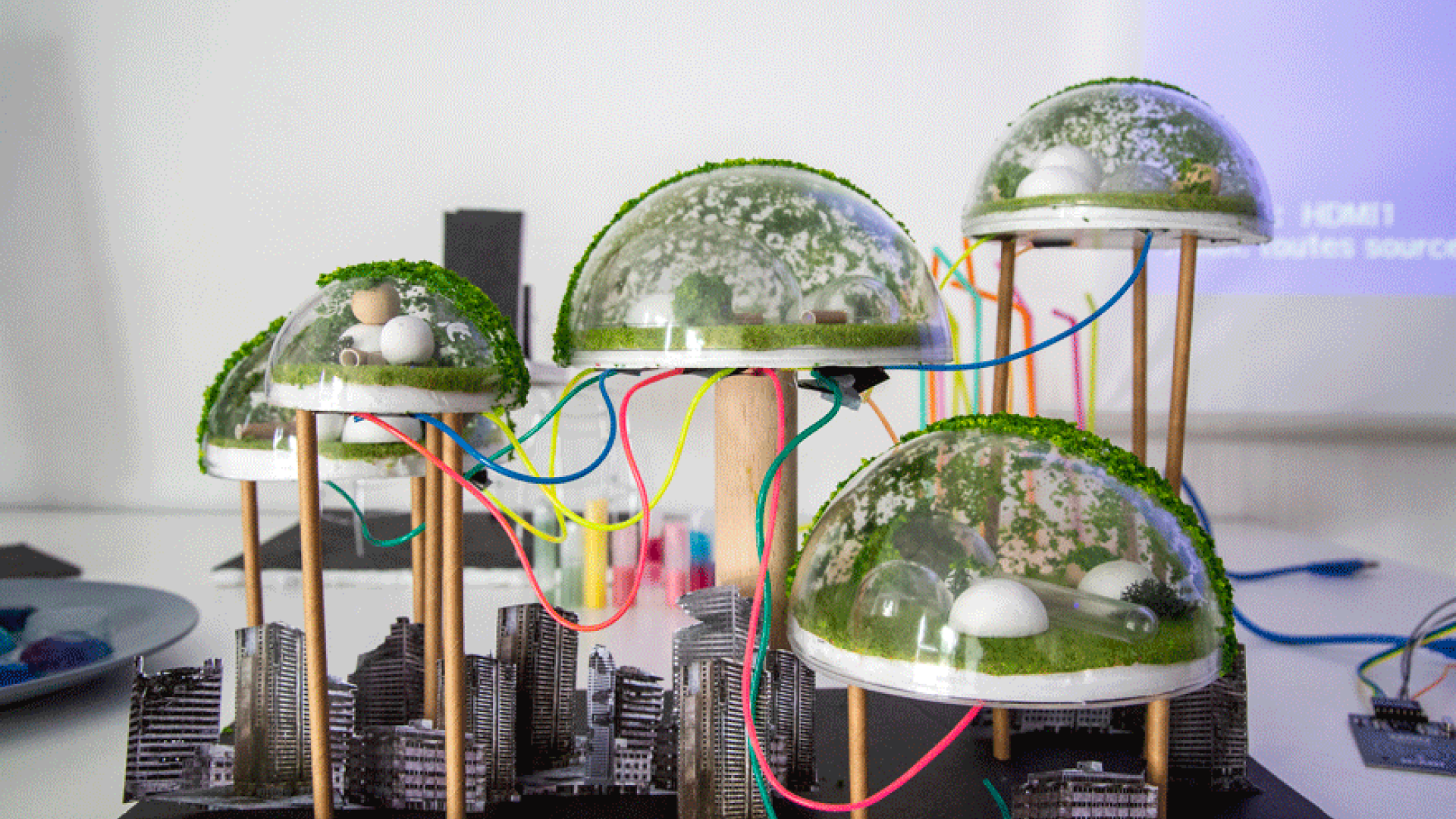
Food Design Lab
The Food Design Lab explores issues related to the changing nature of food systems and imagines global experiences centered on sustainable food by responding to social and territorial challenges: health, new consumption patterns, production and distribution services, creation of spaces, products and services.
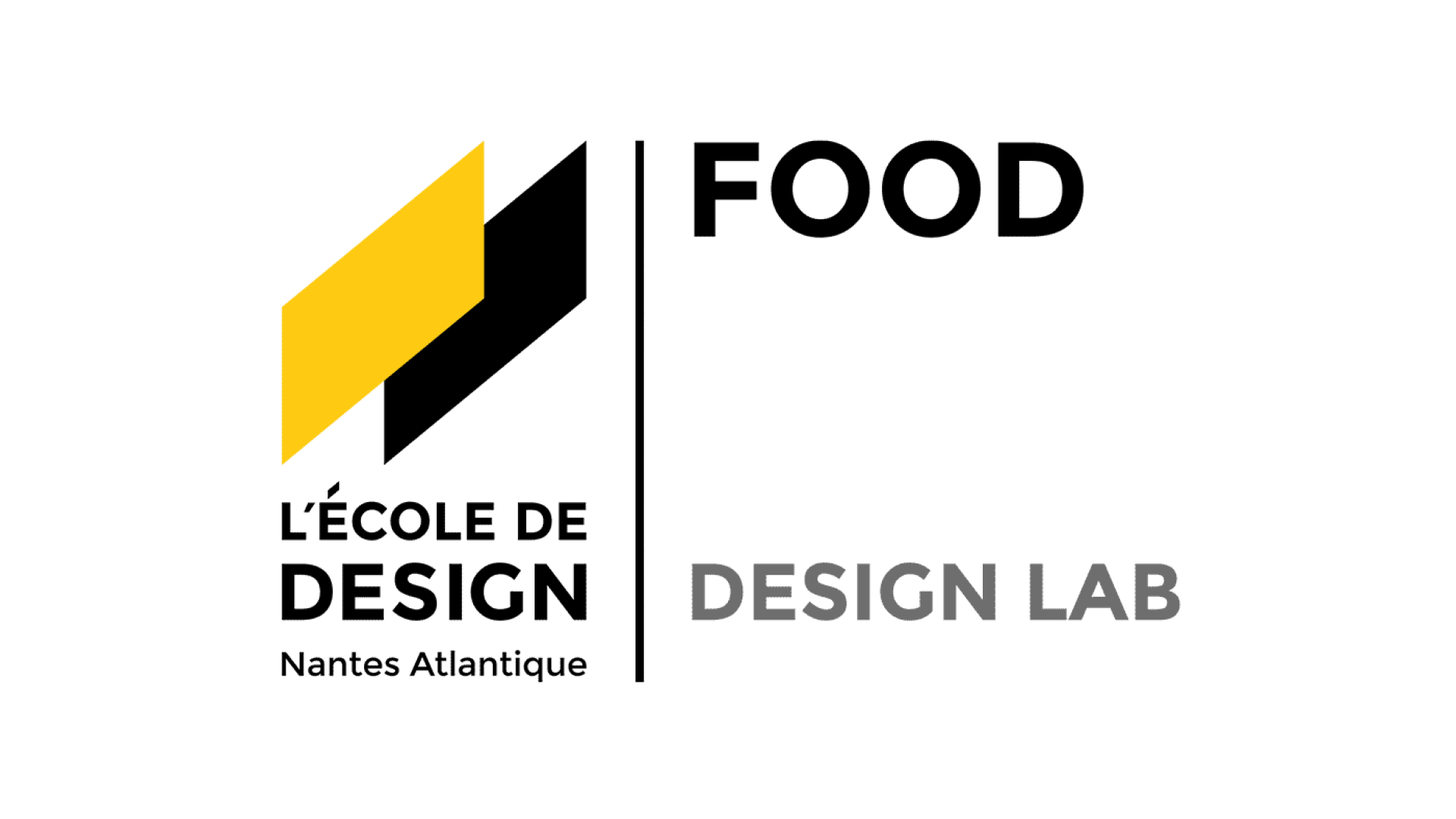
In 2012, L'École de design Nantes Atlantique chose to integrate food design into its programs in order to think about the food of tomorrow. This design-led research unit brings together experts to create concrete links between public and private partners on the major issues of a healthy and responsible diet. The connection to an international research ecosystem offers a perspective on food design practices.
The Food Design Lab creates innovative and prospective solutions that serve several types of design:
1/ Food Design: exploring food issues in a prospective and experimental way, from the point of view of all the actors of the food system; studying food habits and contextual changes due to the current and future food transition, finding and formalizing solutions,
2/ Systemic Design: identifying new collective opportunities and creating effective links between all the players in the sustainable agri-food system (production, processing, consumption, recycling, etc.),
3/ Prospective Design: the Food Design Lab takes an exploratory approach to imagining visions of food that drive change and seek to transcend conventional boundaries.
"The Food Design Lab deals with the challenges of tomorrow's food in the broadest sense: food transition and uses."

The Food Design Lab's approach
Faced with societal and environmental challenges, our food system needs to be rethought in depth. Large agricultural areas, monoculture, intensive breeding and large-scale distribution are facing consumer defiance. More than ever, all the actors of the food system need prospective design to innovate and accompany this transition.
In this changing context, the Food Design Lab aims to:
- Rethink the food system using design. Our designers are involved in all stages of the food system: from production to consumption, through processing and distribution.
- Use design methods to drive this societal, health and environmental transition alongside all the players in the food system: local authorities, food industry stakeholders, equipment and household appliance brands, supermarkets and shops, producers or even consumers.
The Food Design Lab’s activities
The Food Design Lab is a platform for research, training and innovation around food practices that respect the living world. Find out more about the Reasearch - Training - Innovation approach.
The Food Design Lab’s research areas
Four essential topics guide the research work of the Food Design Lab:
- Gaining a better understanding and highlighting the specific characteristics of a territory through short circuits, transmission of know-how, local and global dynamics, culture and traditions
- Engaging in projects with a strong social and environmental responsibility. Examples of themes: "less is more", food waste, eco-innovations, co-products, protein transition, cutting out packaging
- Developing tools and projects to support food resilience, which has become a major concern. To achieve this, the Food Design Lab focuses on issues of trust and transparency (traceability), technological developments (Food Tech, Smart Agritech, etc.) but also on self-sufficiency movements.
- Taking into account issues of health and fragility by using design methods to imagine services and actions to raise awareness and educate people (nutrition, food insecurity and malnutrition, food autonomy and monotony, wellness etc.)
Discover the Food Design Lab conferences and publications
The methodology
The methodology of the Food Design Lab is based on pragmatic design research, interdisciplinary teams and a project-based approach with a systemic vision.
It is based on the following main principles:
- Giving users a voice through a co-constructed workshop approach at the various stages of research;
- Providing students with hands-on experience through immersive visits to the company, community or institution;
- Encouraging "direct" experimentation by students: edible matter, exploration of sensoriality, creating new shapes and forms;
- Guiding student observation: lifestyles and global changes in eating habits through a usage-centered approach;
- Defining opportunities to act and develop products or services in design.
Our approach is that of holistic design, which is at the intersection between social values, technical aspects and economic dynamics. This approach leads to the emergence of products, services and spaces that integrate the user in their design and generate more responsible behaviors. The designer's approach and tools are dedicated to responsible innovation.
The Food Design Lab also encourages multidisciplinary teamwork. It brings together students in graphic design, interior architecture, product design and motion design. The Lab's expertise capitalizes on collaborative work with sociologists, institutions, researchers, historians and engineers.
Exhibitions
- The projects “IRST”, “KREIZ” and “Pierre de lune” were on show at the Dutch Design Week in 2022 at Eindhoven.
Food Design Lab students imagined alternatives to single-use plastic objects, using oyster shells as a starting point. These projects come as a follow-up to an eco-innovation seminar organized by the Food Design Lab with the company Malakio co-founded by Morgan Guyader, a 2019 Alumni of the school.
- The INFUSONS kiosk, designed by Food Design Lab students, offers a creative break and a friendly and interactive moment over a hydrating infusion. With a social and educational dimension, this device raises awareness about the benefits of aromatic plants and the scarcity of water. This project is the result of a collaboration between the Food Design Lab and Nantes Métropole. It was presented during the 2022 Territorial Conference on Agroecology and Sustainable Food.
- The "Markets of Tomorrow" project was developed by students from the Food Design Lab in partnership with the school's City Design Lab and Nantes Métropole to place Nantes' markets at the heart of tomorrow's neighborhoods and reposition them as true living spaces that are both socially engaged and sustainable.
Competitions
Ecotrophelia
This Ecotrophelia competition aims to develop new food products eco-designed by teams of students from scientific or business backgrounds. Food Design Lab students work with engineering students from Oniris Nantes to imagine the food of the future and present their projects to a jury of industry professionals. Several prizes were won:
- Ecotrophelia Gold Medal in 2020 for the "CROC’S-MAGNON" project
- “Alim 50+ 2021” prize for the “Et Hop” project
- "Students' Favourite 2022" award for the "TRIBUCHE" project with Oniris Nantes
The Fork Challenge Final
Three projects from the Food Design Lab were presented at THE FORK CHALLENGE FINAL: FORK x DESIGN SCHOOLS competition, organized by The Fork Organization, along with two other European universities, Elisava Facultat de Disseny i Enginyeria de Barcelona in Spain and Escola Superior de Hotelaria e Turismo do Estoril in Portugal. The project "Then, From Sea to the Sea" won the first prize and was presented at the 2nd World Food Design Day and the project "Coc, Seashell Cosmetic" was awarded the 2nd prize.
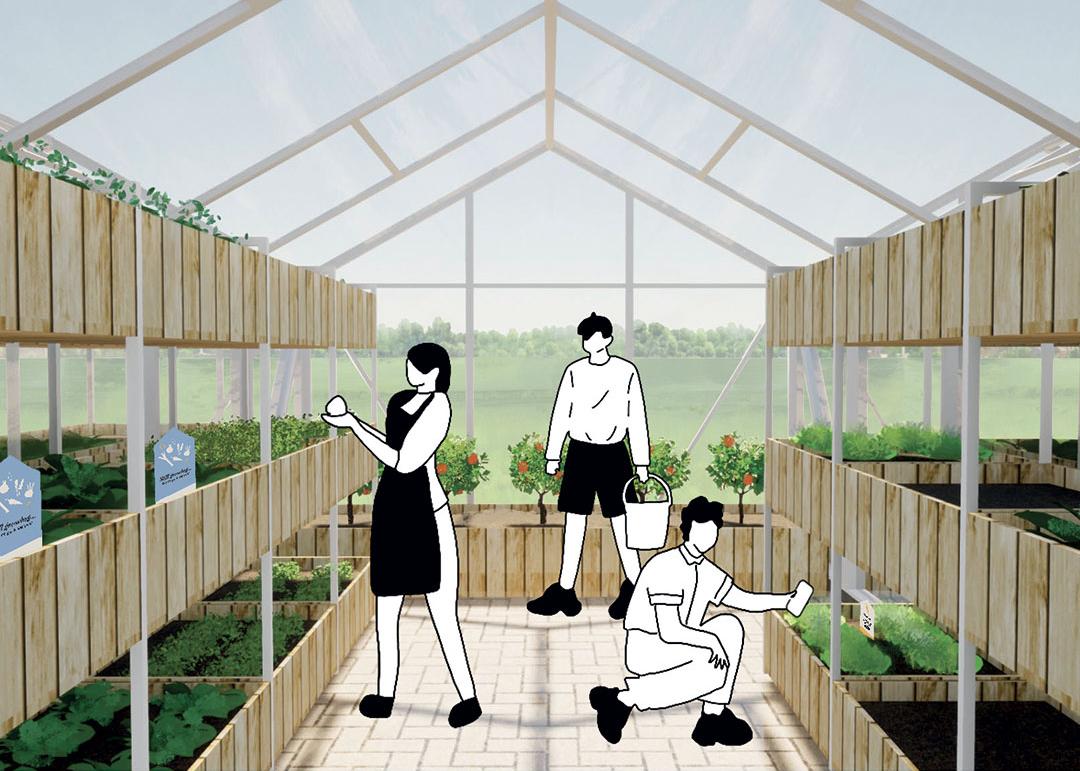
Yomfolks
Today, "junk food" causes more public health problems than the use of toxic substances such as tobacco or alcohol. Young people are particularly affected by this problem. Although many projects...
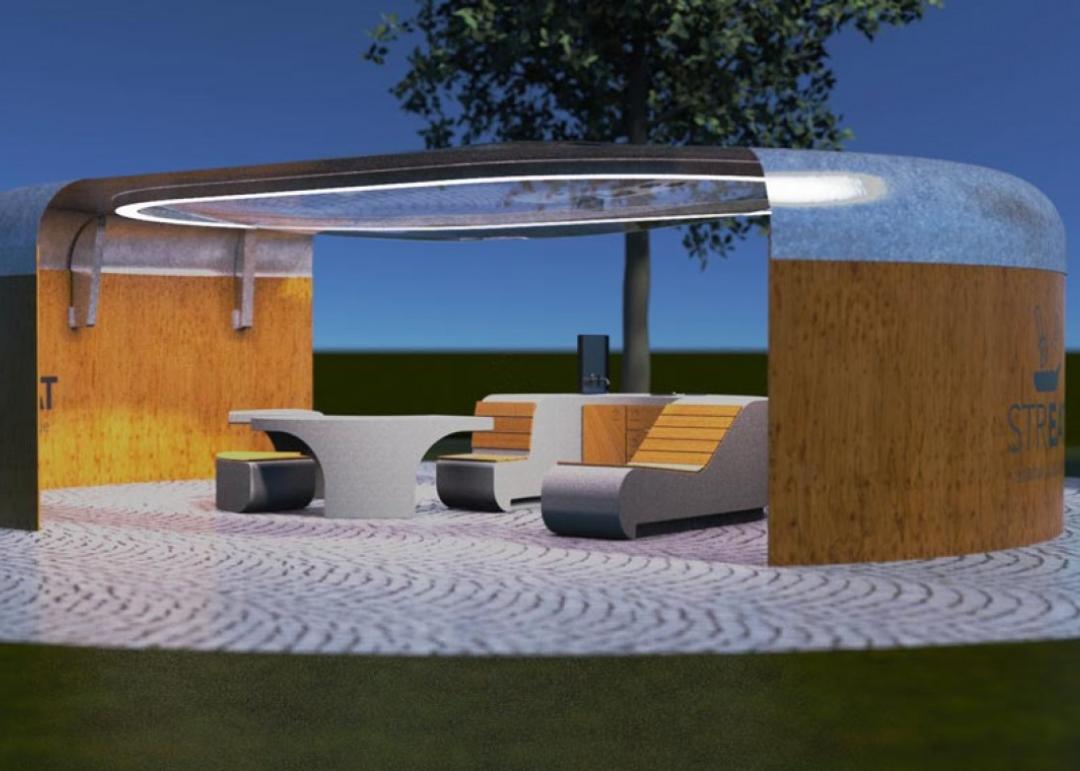
Streat
300,000 people. This is the number of homeless people in France according to the Fondation Abbé Pierre. The number is constantly increasing and malnutrition is a daily threat for this already fragile...
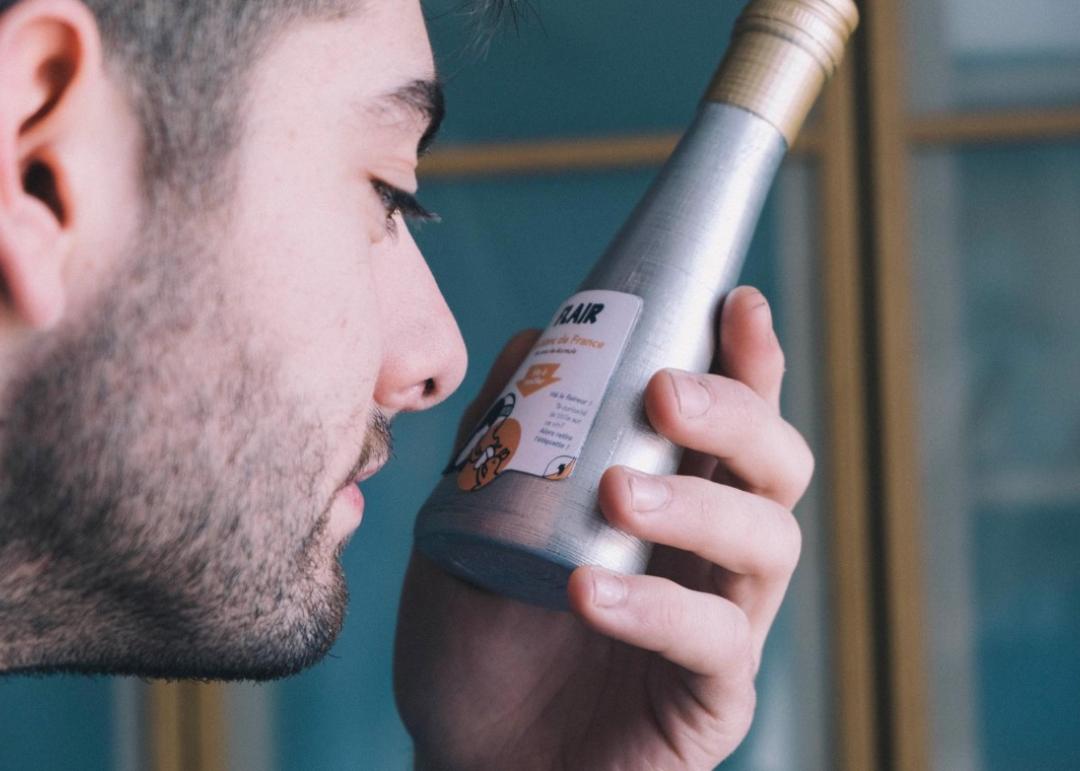
Flair
Does the rich winemaking tradition of our terroirs still inspire the younger generations? It would appear that 80% of them find the world of wine too complex. Discouraged by cryptic labels, they buy...
Become a partner of the Food Design Lab
Do you work for a company, association or local authority? Want to improve the quality of your content and their mediation?
The Food Design Lab offers you different types of collaborative projects:
- collaborative workshops;
- assessment missions;
- research contracts;
- hosting doctoral designers.
The services provided are eligible for the Research Tax Credit.
Tell us about your project and we will get back to you promptly: projet@lecolededesign.com
The partners
Academic
Companies
Institutions and NGOs
The Food Design Lab Team
Julia Kunkel
Food Design Lab's Director
j.kunkel@lecolededesign.com
A graduate of the University Of Fine Arts Berlin Julia Kunkel is a product designer specializing in Food, Global Brand Design and CMF with more than 17 years of experience in design agencies including Peugeot Design Lab and Carlin Creative.
Aude Messager
Food Design Lab's course leader
- Elise Auger - graphic design, plastic arts
- Lucie Bolzec - food design
- Simon Boussard - service, health and social design
- Juliette Brétéché - graphic design, food design research
- Laurence Deschamps - management
- Elise Fauveau - product design and packaging
- Pierre Foulonneau - industrial design
- Céline Gallen - PhD, marketing, food behaviour research
- Matthieu Gioani - strategic design, foresight, design fiction
- Élise Huneau - culinary design
- Sarah Joksimovic - English
- Clémentine Laurent-Polz - architect HMONP, project manager and specialist in accessibility and circular design
- Morgane Léonard - retail
- Marie Piet - food design
- Julie Scheffer - law
- Ionna Vautrin - product design
Some Alumni stories
- Marie Berthomé - Graphic & Food Designer at Brioche Pasquier (Marketing Innovation R&D)
- Danny Haffel - Packaging Designer at Team Créatif Group
- Morgane Bignon - Industrial Designer - Product Development & CSR Manager at Louis Tellier
Cathelle Dénoue - Freelance service and social innovation designer
